2-Day Family Adventure: Shopping, Sightseeing & Nightlife in Rotorua
Rotorua, New Zealand
2 days

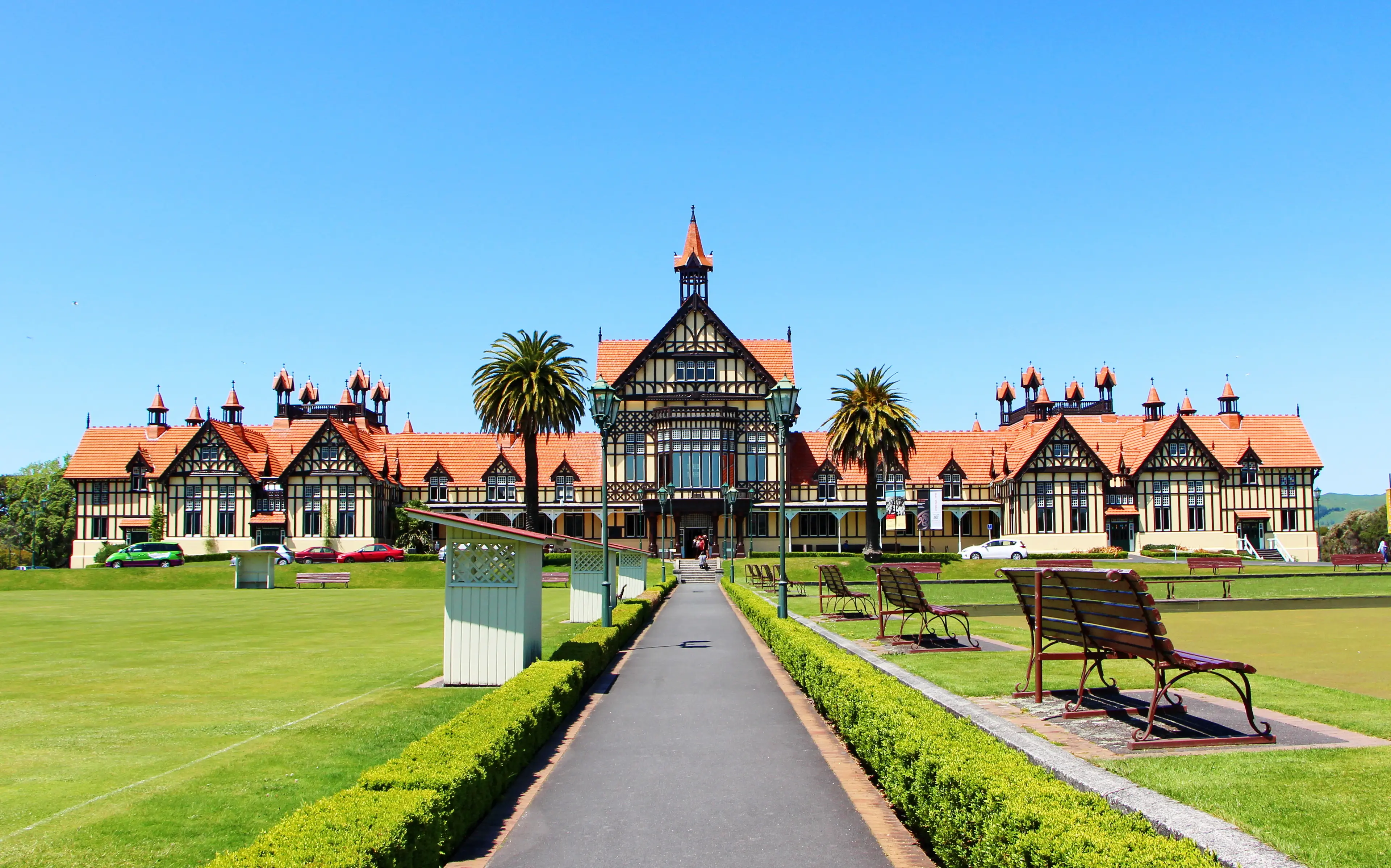

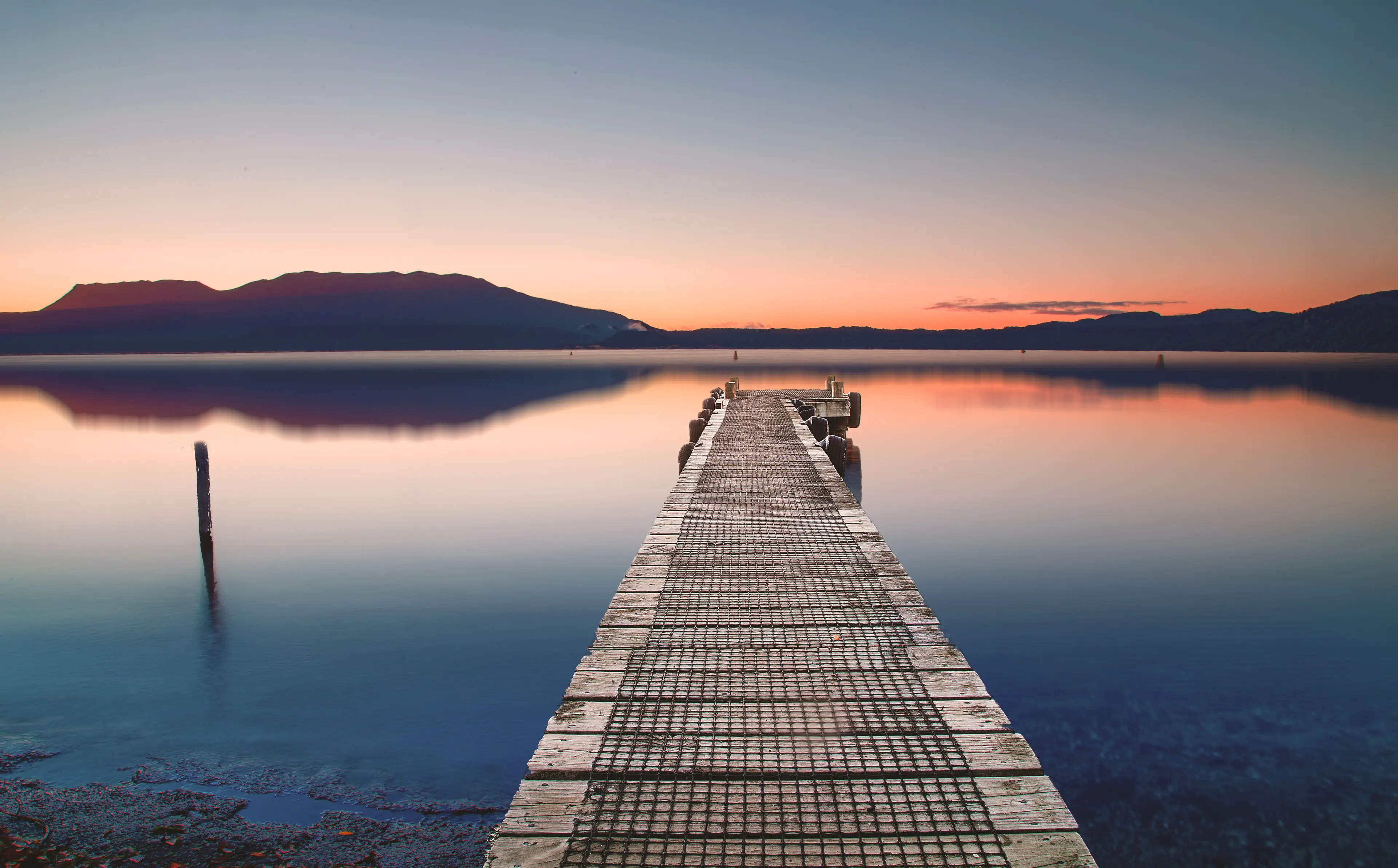
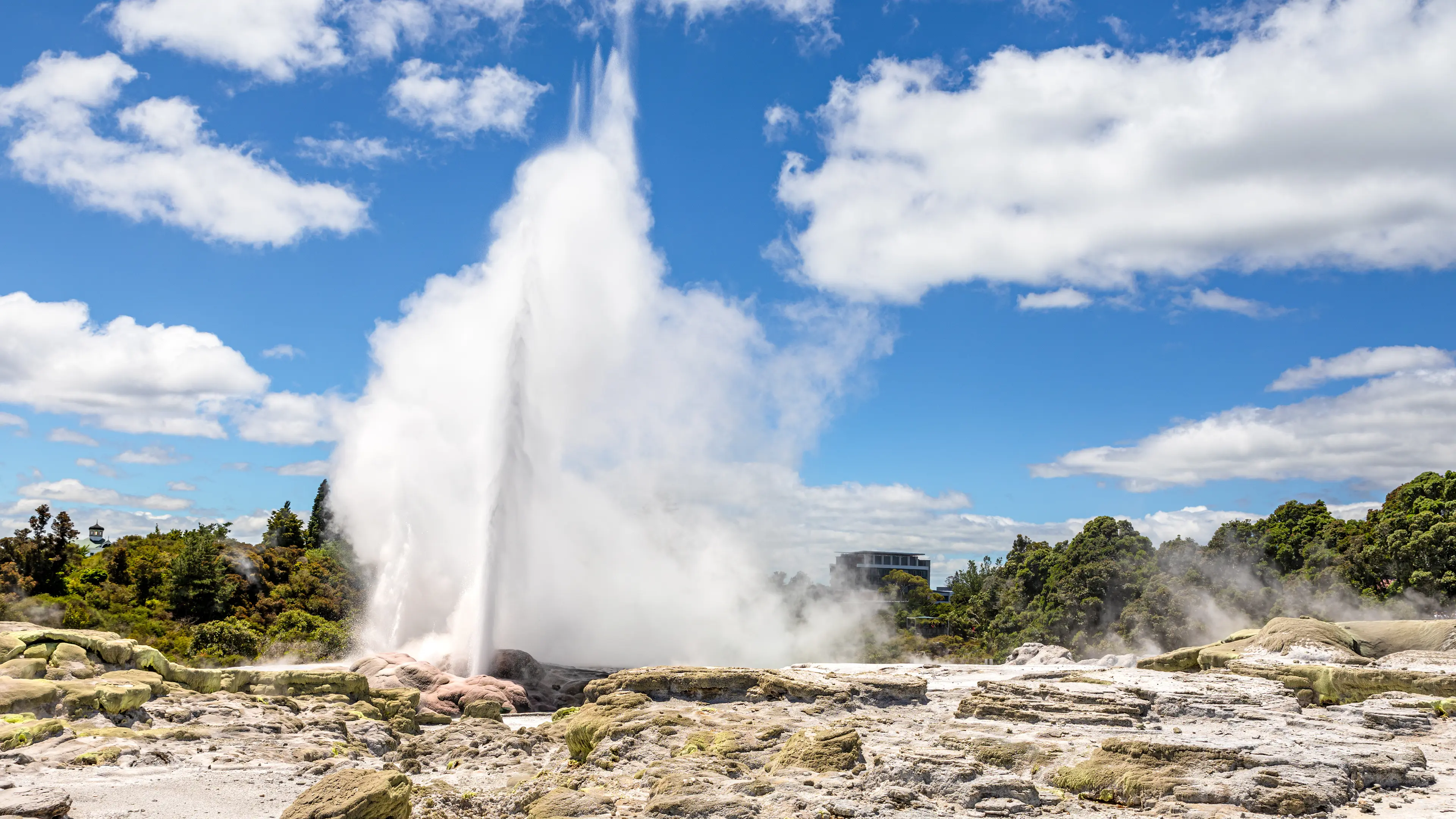
About Rotorua, New Zealand
Experience the heart of Maori culture and the country's geothermal wonders in Rotorua, New Zealand. This vibrant city is a hub for adventure and relaxation, offering a blend of thrilling activities and serene natural beauty. Explore the geothermal parks with bubbling mud pools and gushing geysers, or soak in the mineral-rich hot springs. Immerse yourself in the rich Maori culture with traditional performances and feasts. Adventure seekers can enjoy mountain biking, white water rafting, and zorbing. Don't miss the chance to visit the majestic Redwoods Whakarewarewa Forest. Rotorua also offers a range of accommodations to suit every budget, from luxury lodges to budget hostels. Come and discover the unique charm of Rotorua.
2-Day Itinerary
Day 2
Nature and Adventure in Rotorua
Morning
Start your second day with a visit to one of Rotorua's Geothermal Parks. Here, you can witness the incredible geysers, hot springs, and mud pools that the region is famous for.
Lunch
Enjoy a lunch break at a local café. The café offers a variety of dishes made with fresh, local ingredients. It's a great place to relax and refuel before your afternoon activities.
Afternoon
Spend the afternoon exploring the stunning Redwoods Forest. The forest offers a network of walking and biking trails, providing a fun and active way to enjoy the beautiful scenery.
Dinner
For dinner, enjoy a meal at a local restaurant. The restaurant offers a variety of dishes, including local seafood and traditional New Zealand cuisine.
Evening
End your day with a relaxing soak in one of Rotorua's Natural hot springs. The hot springs offer a soothing and rejuvenating experience, providing the perfect end to your two-day adventure.
Attractions in Itinerary (6)

1Maori Hangi feast
Experience a traditional Maori feast cooked in an earth oven, known as a Hangi.

2Maori cultural performance
A live performance showcasing traditional Maori dance, music, and storytelling.
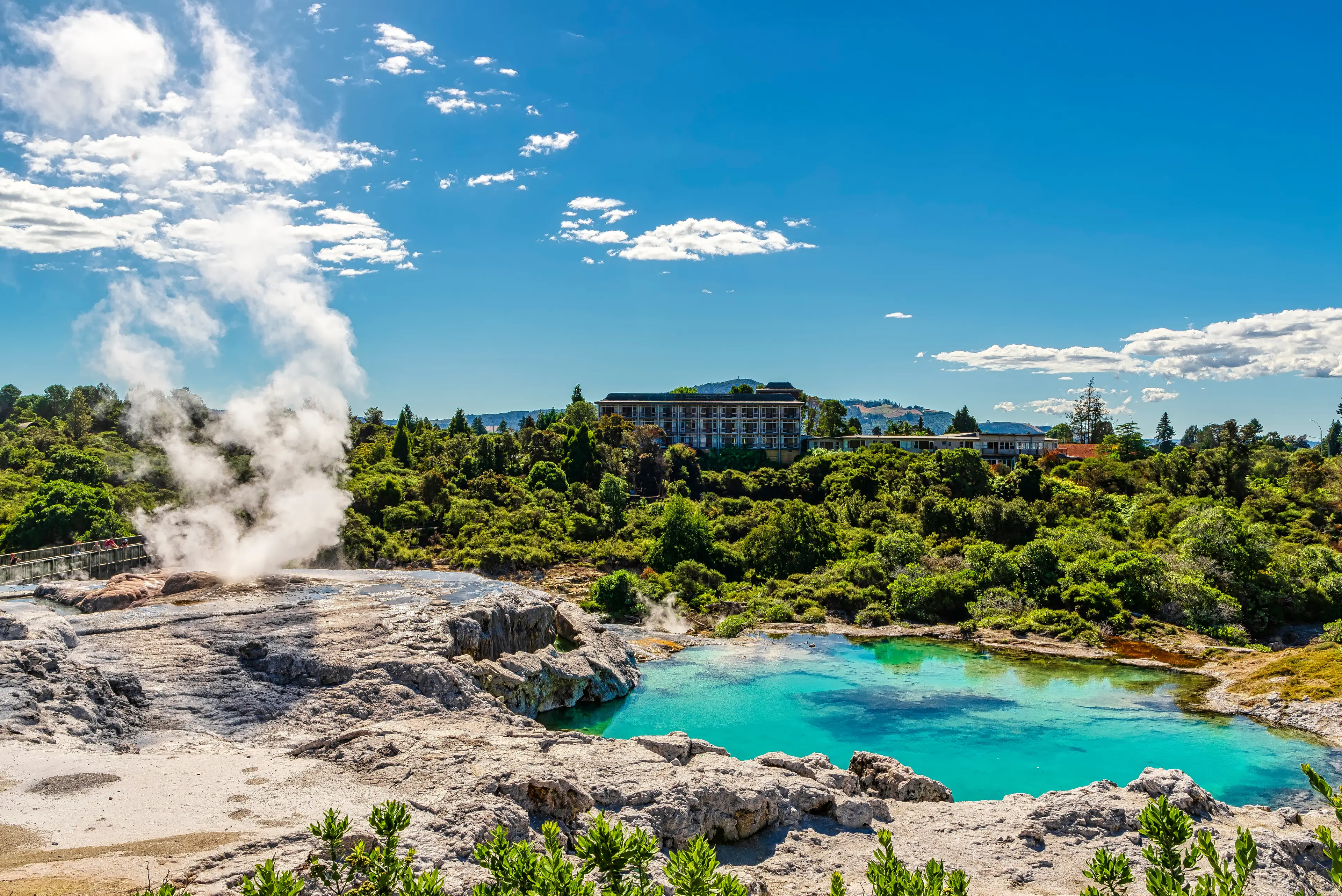
3Geothermal Park
A park featuring geothermal activity, including hot springs, geysers, and mud pools.
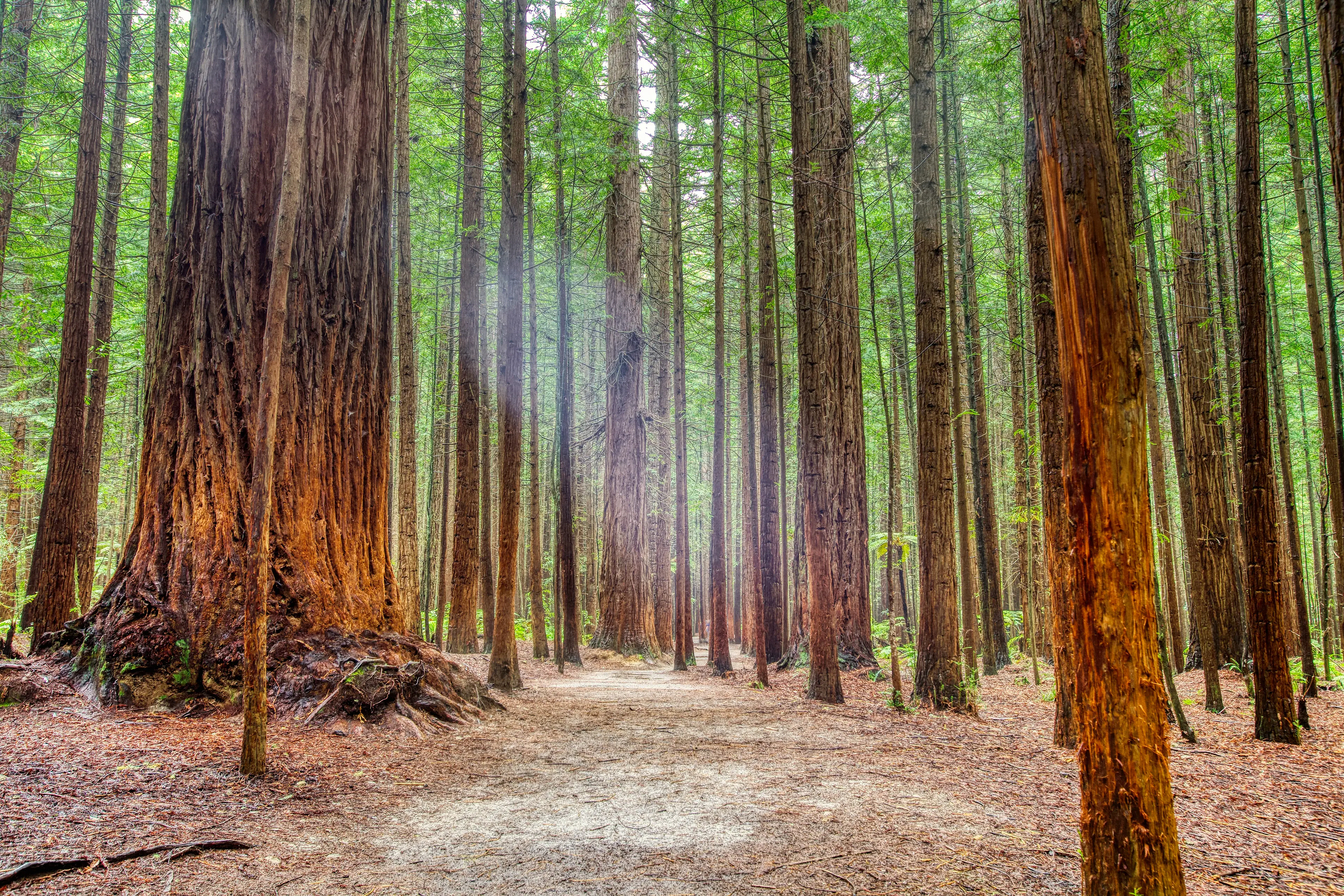
4Redwoods Forest
A forest filled with towering redwood trees, offering walking and biking trails.

5Natural hot springs
Natural geothermal hot springs where visitors can soak and relax.

6Maori museum
A museum dedicated to preserving and showcasing the history and culture of the Maori people.
Local Food and Drinks (12)
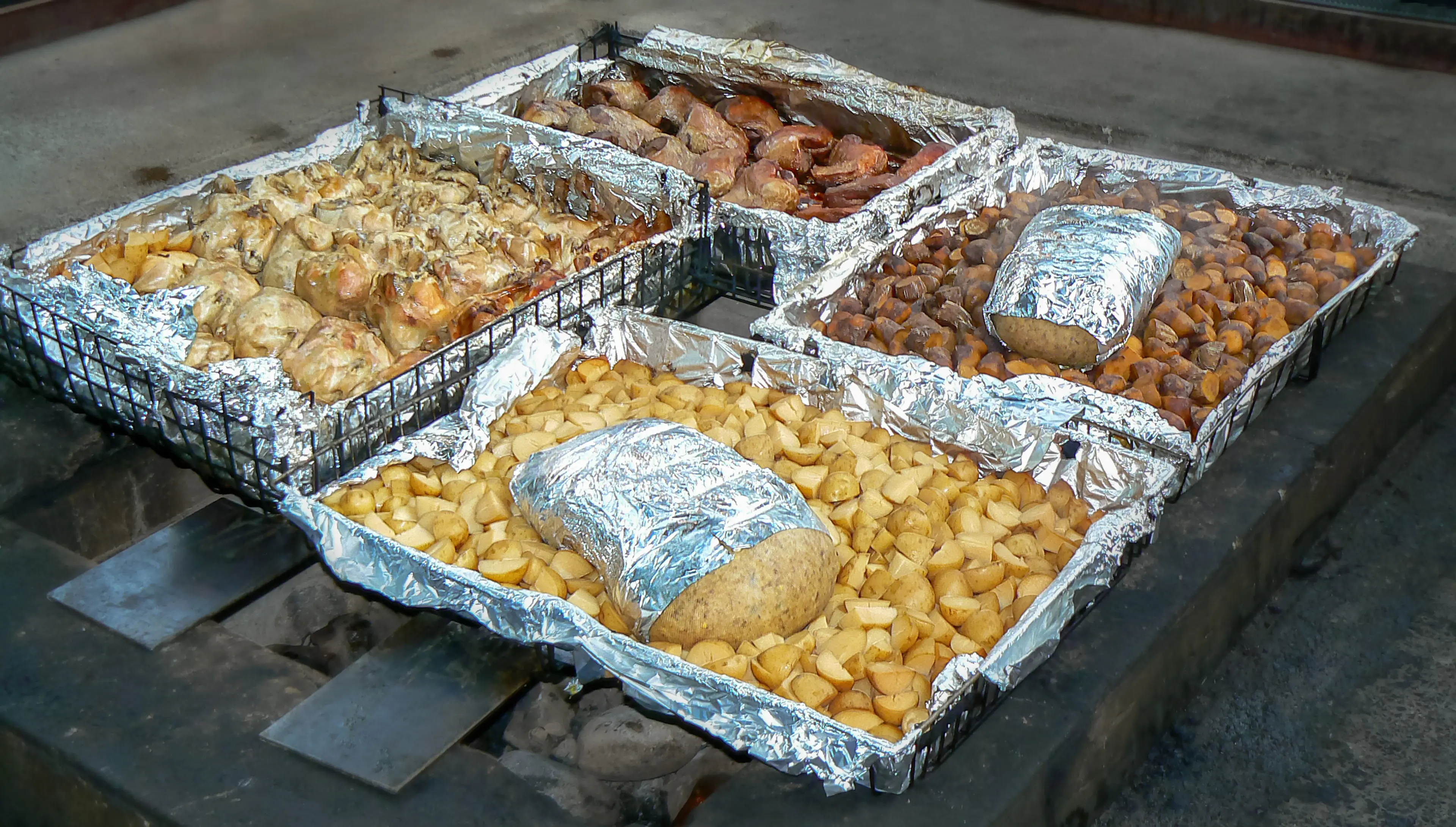
Hangi
A traditional Maori method of cooking food using heated rocks buried in a pit oven. It's not just about the food, it's about the process of preparation and cooking, which has deep cultural significance in Rotorua.
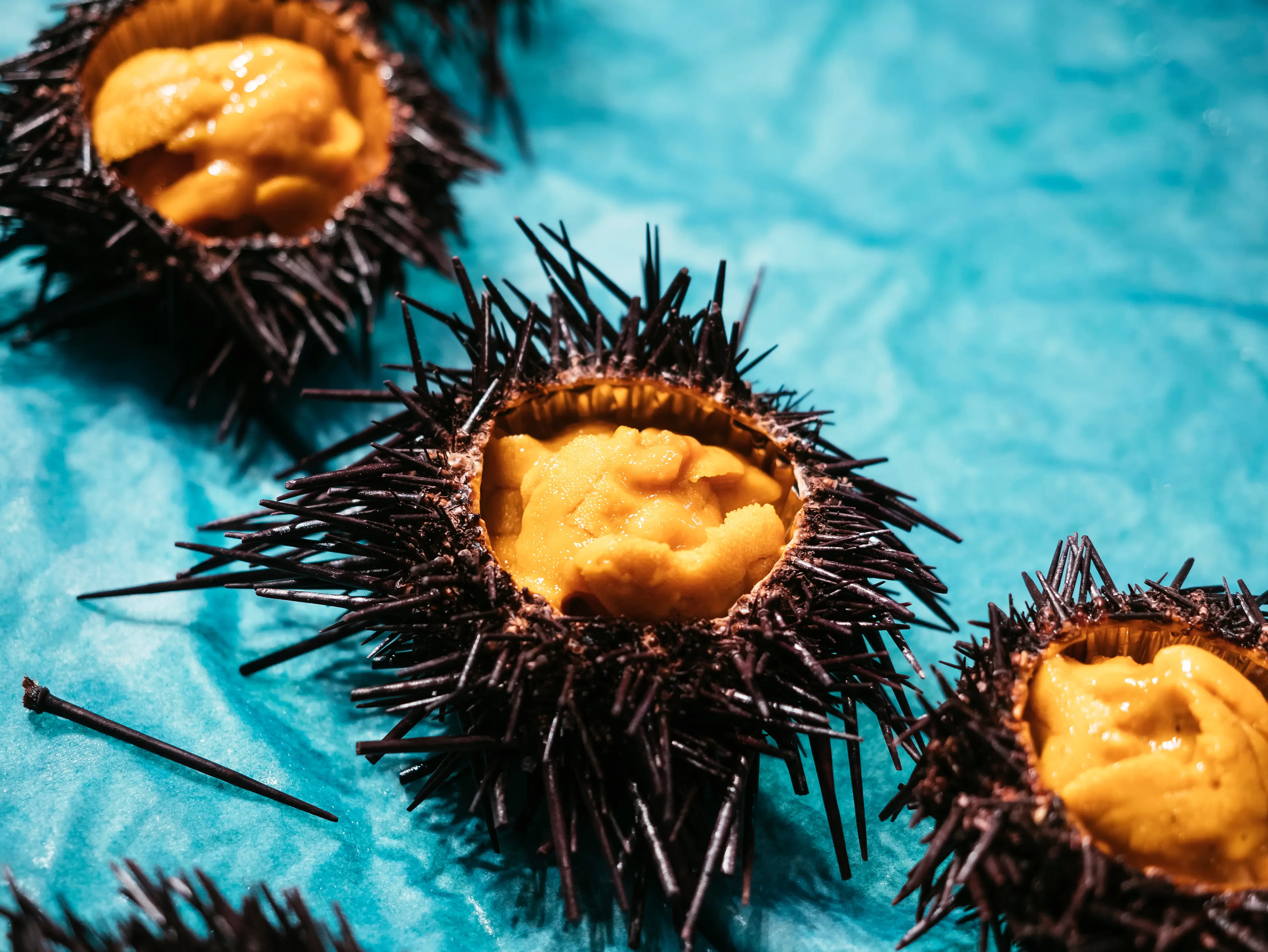
Kina
A sea urchin delicacy that is popular in Rotorua. It's often eaten raw and has a unique, strong sea flavour.
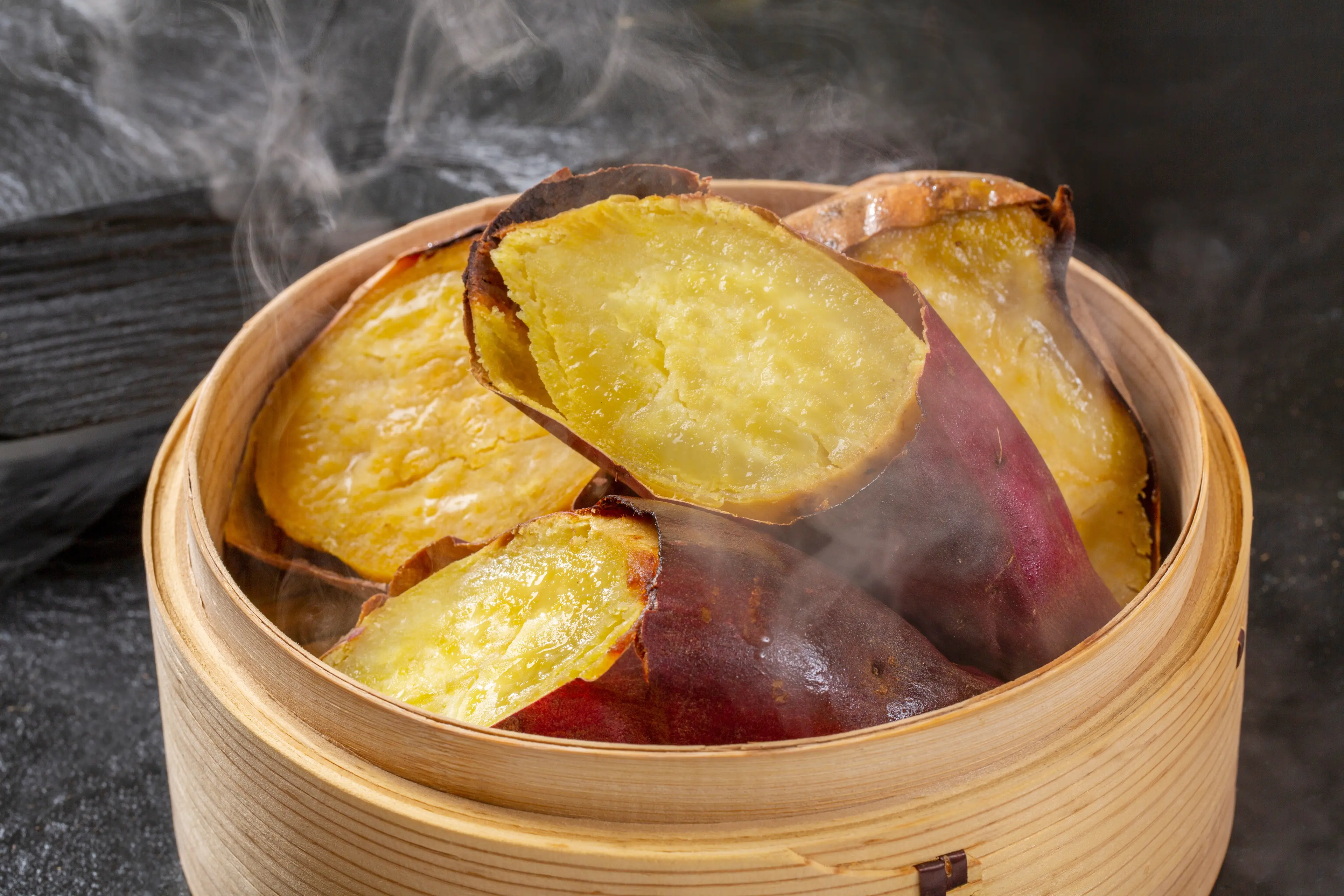
Kumara
A sweet potato that is a staple in the Maori diet. It's used in a variety of dishes and is a must-try when visiting Rotorua.
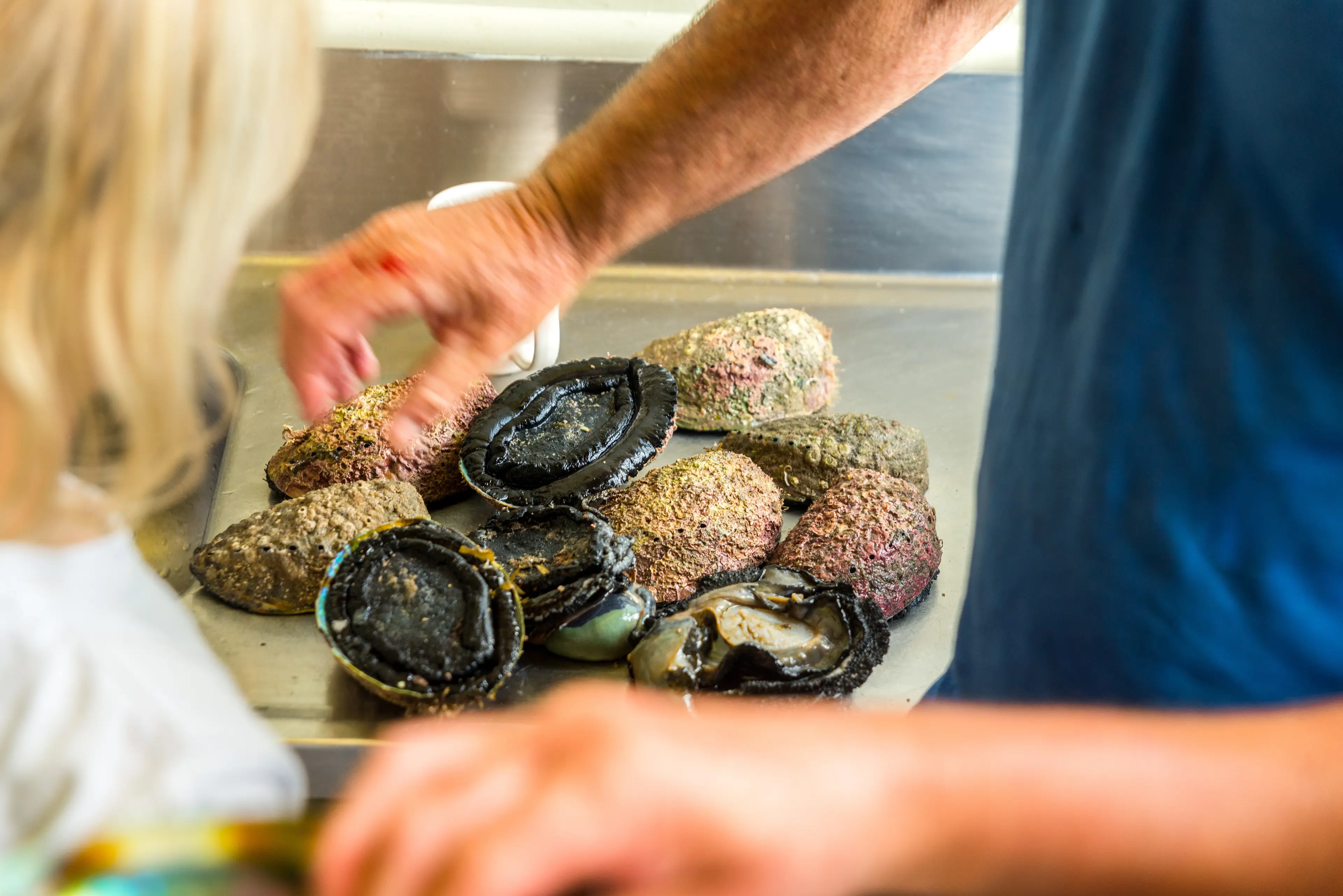
Paua
A type of large sea snail or abalone with a unique blue shell. The meat is often used in fritters or stews.
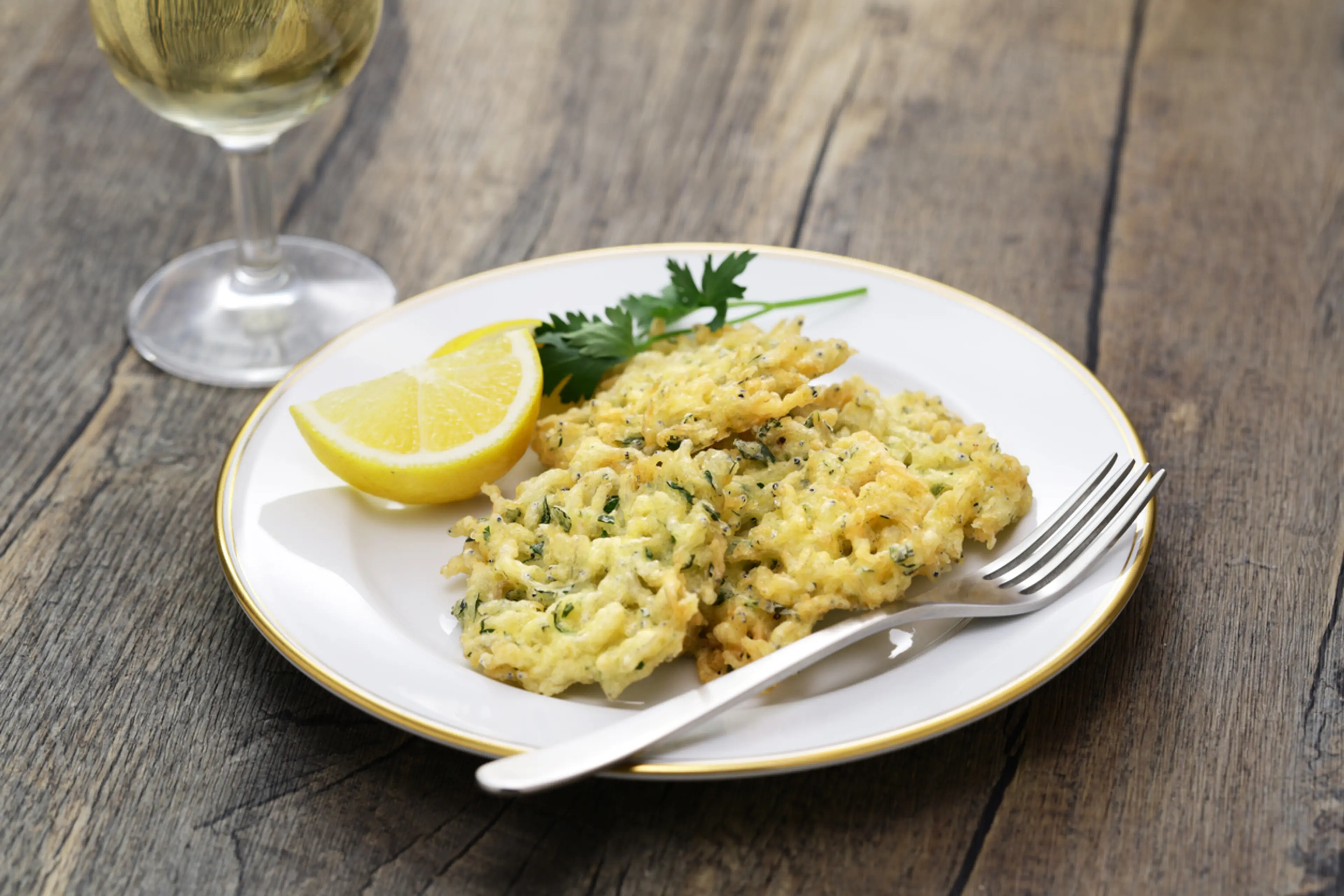
Whitebait Fritters
A popular New Zealand dish made from tiny juvenile fish. In Rotorua, they are often served in a fritter with fresh bread.
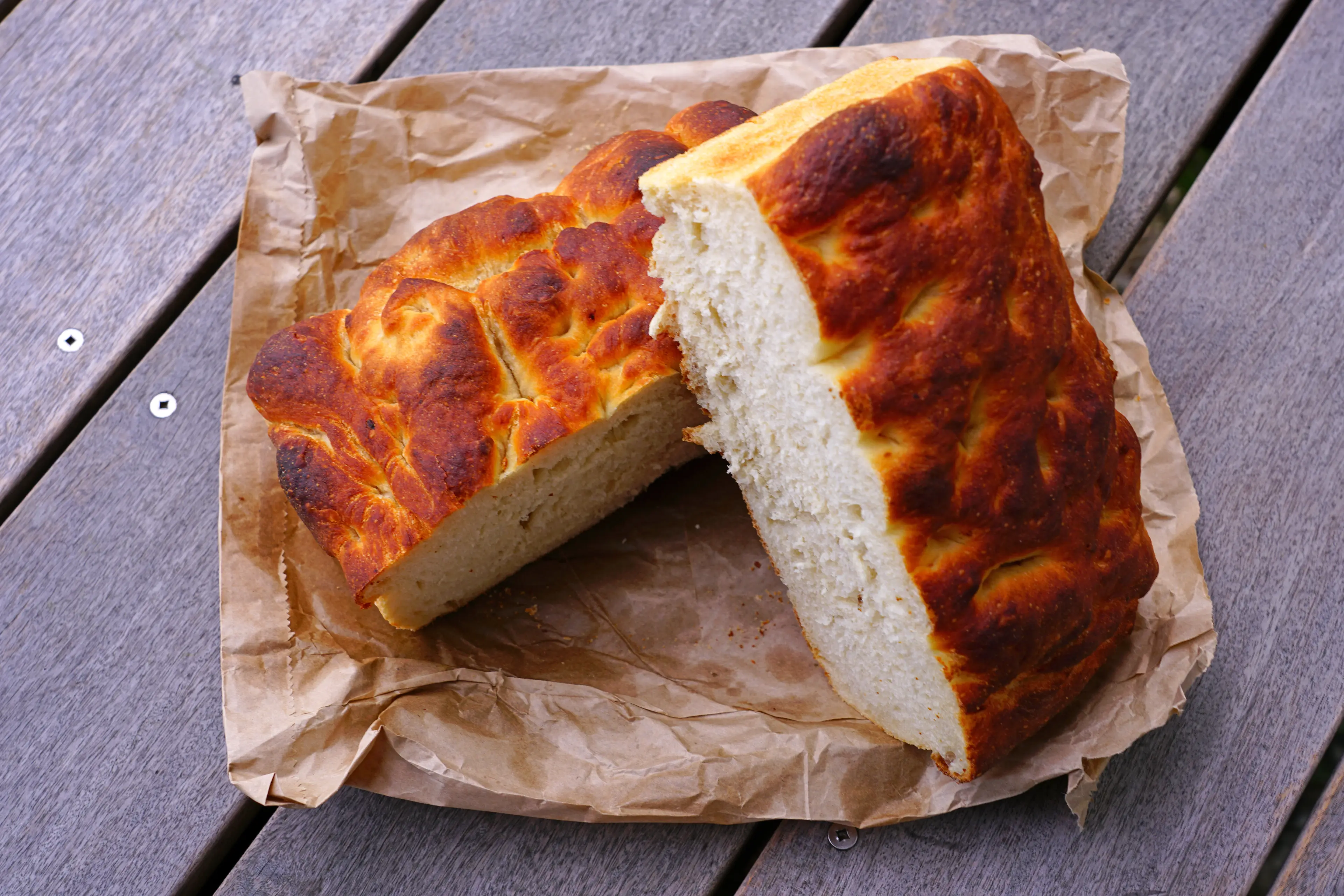
Rewena Bread
A traditional Maori sourdough bread made with potatoes. It's often served with butter or used as a side dish with Hangi.
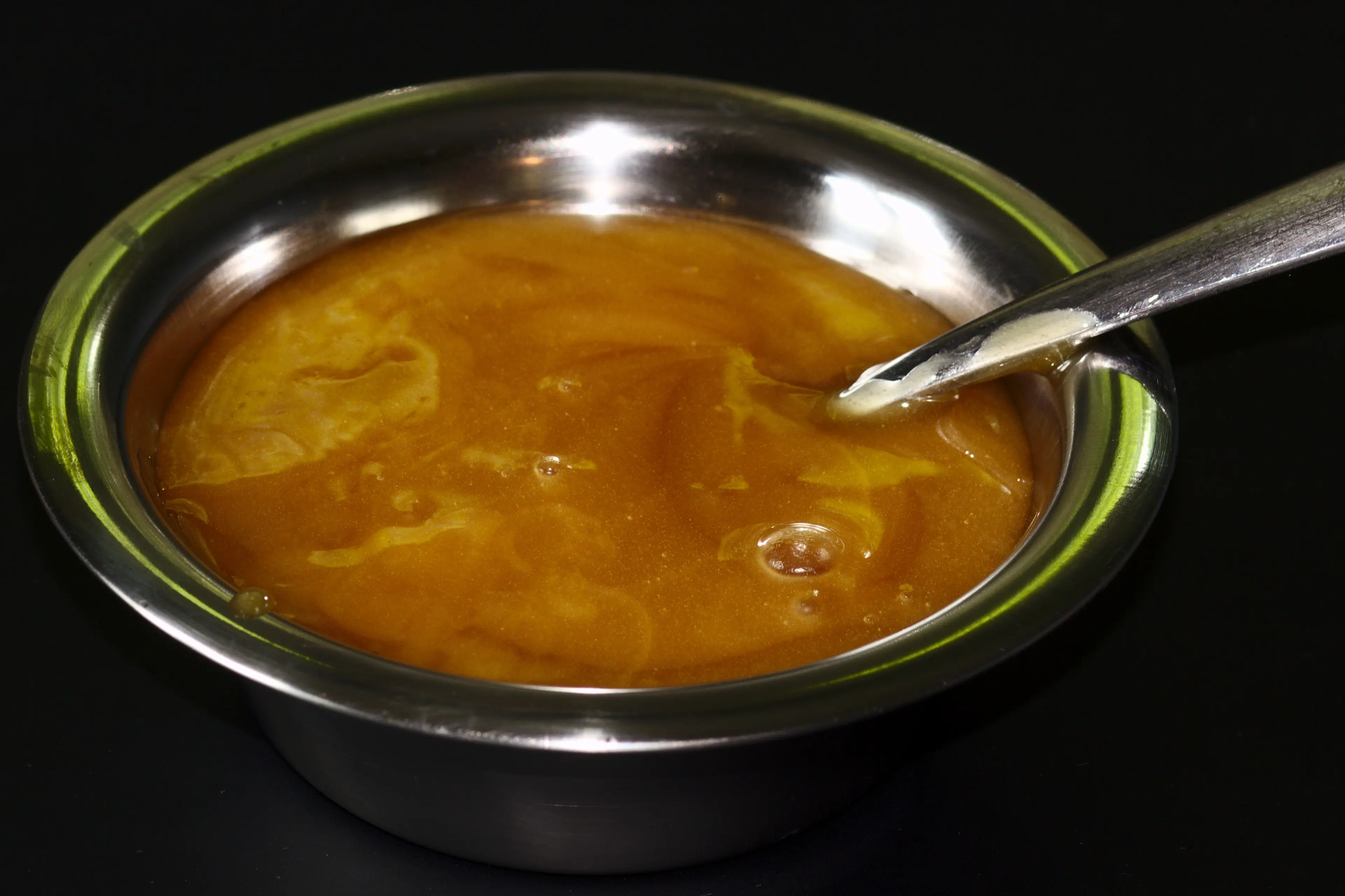
Manuka Honey
A unique type of honey produced in New Zealand. It's known for its health benefits and distinct flavour.
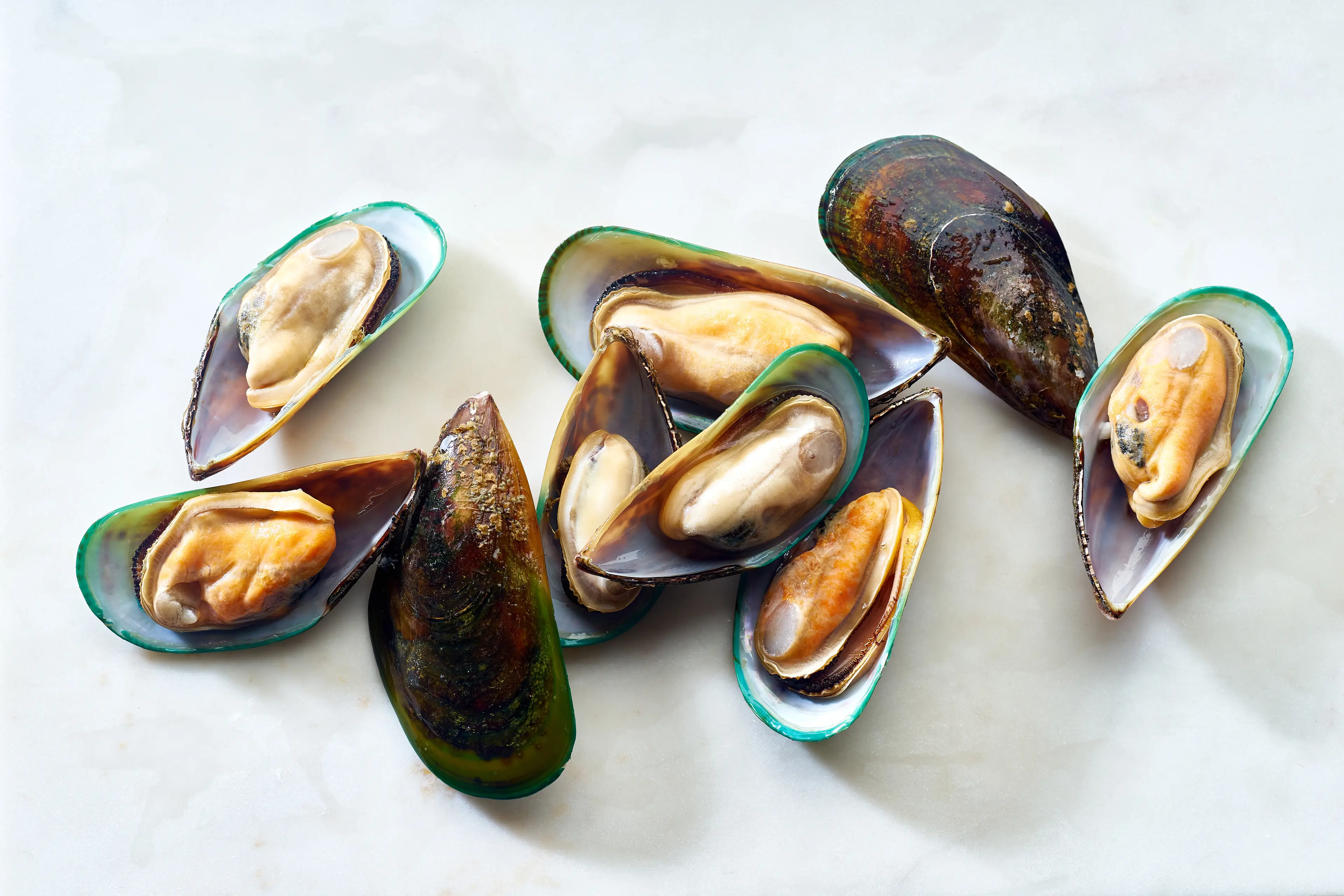
Green-Lipped Mussels
A type of mussel native to New Zealand. They are larger than other mussels and have a unique green colour on the edge of their shells.
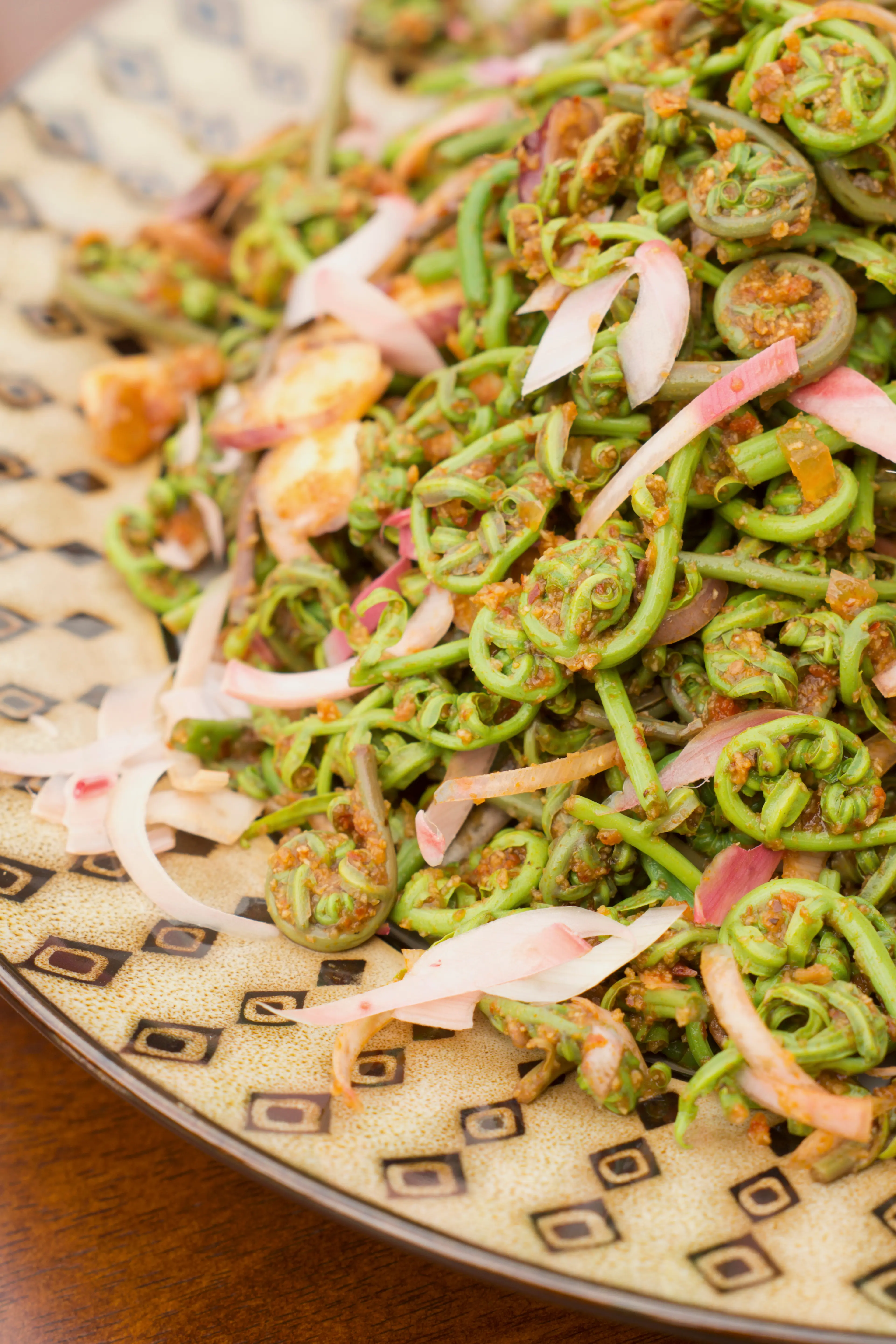
Pikopiko
A type of fern shoot that is a traditional Maori food. It's often served in salads or as a side dish.
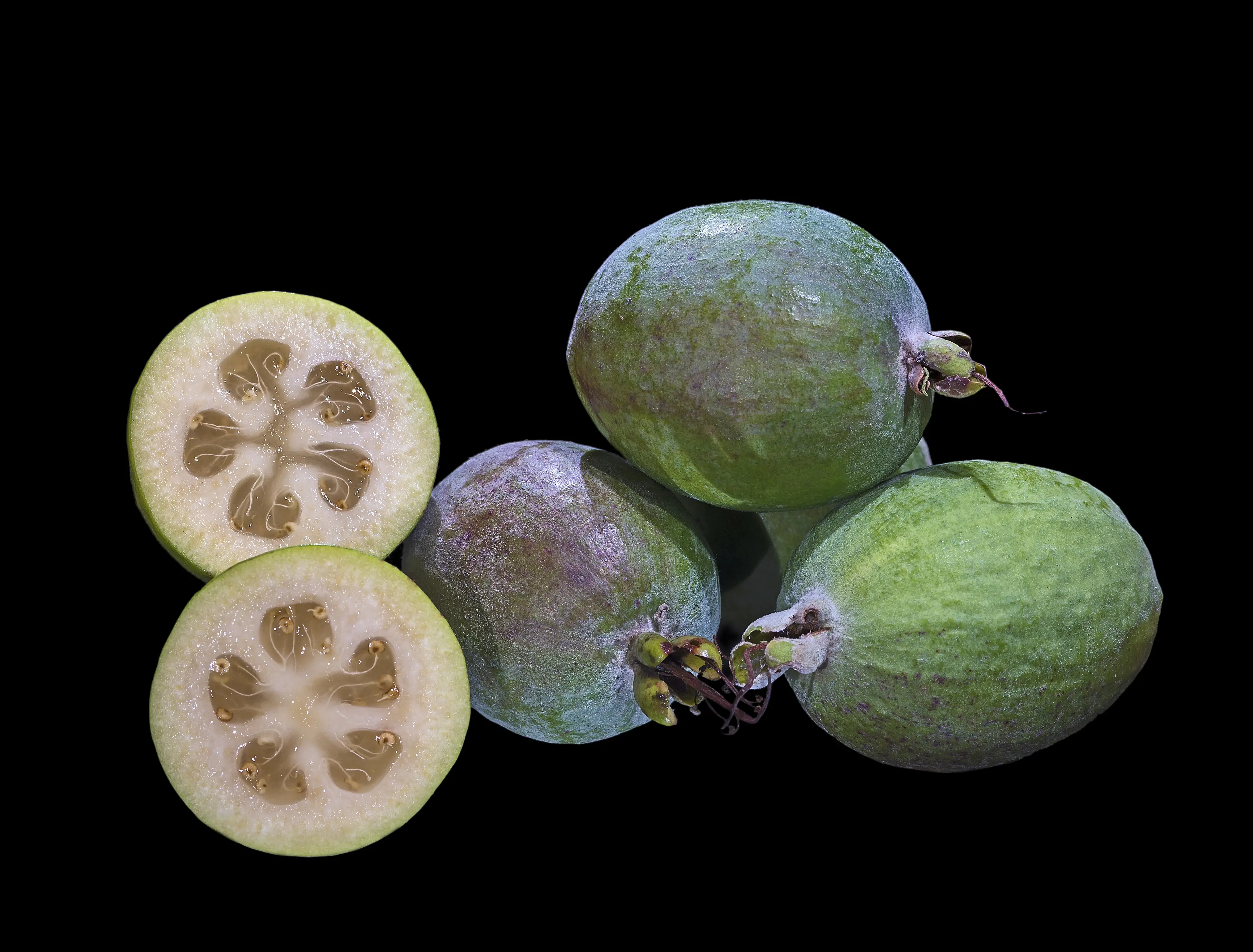
Feijoa
A fruit native to South America but widely grown in New Zealand. It has a sweet, tart flavour and is often used in desserts or drinks.
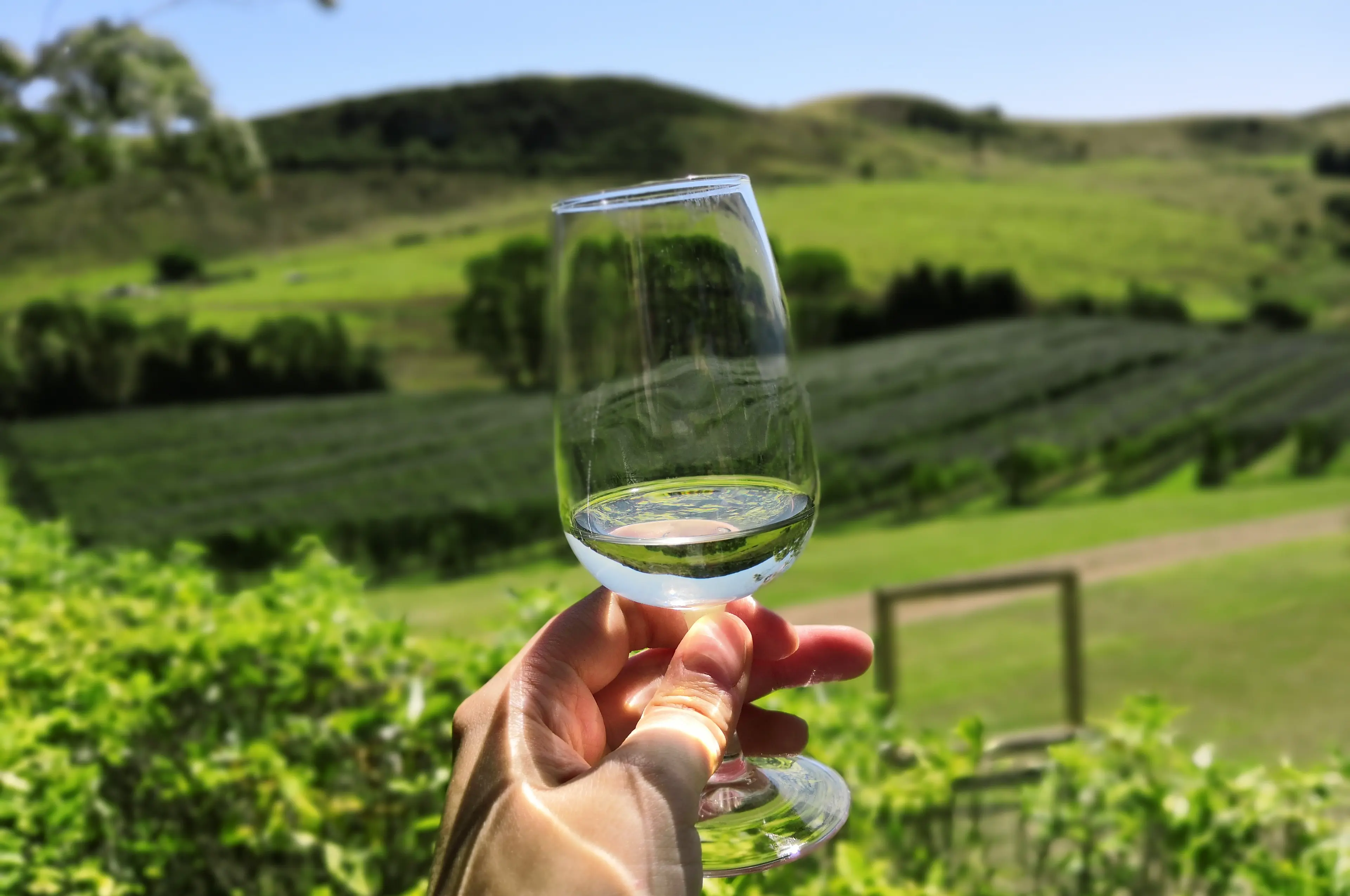
New Zealand Sauvignon Blanc
A world-renowned wine produced in New Zealand. It's known for its crisp, fruity flavour.
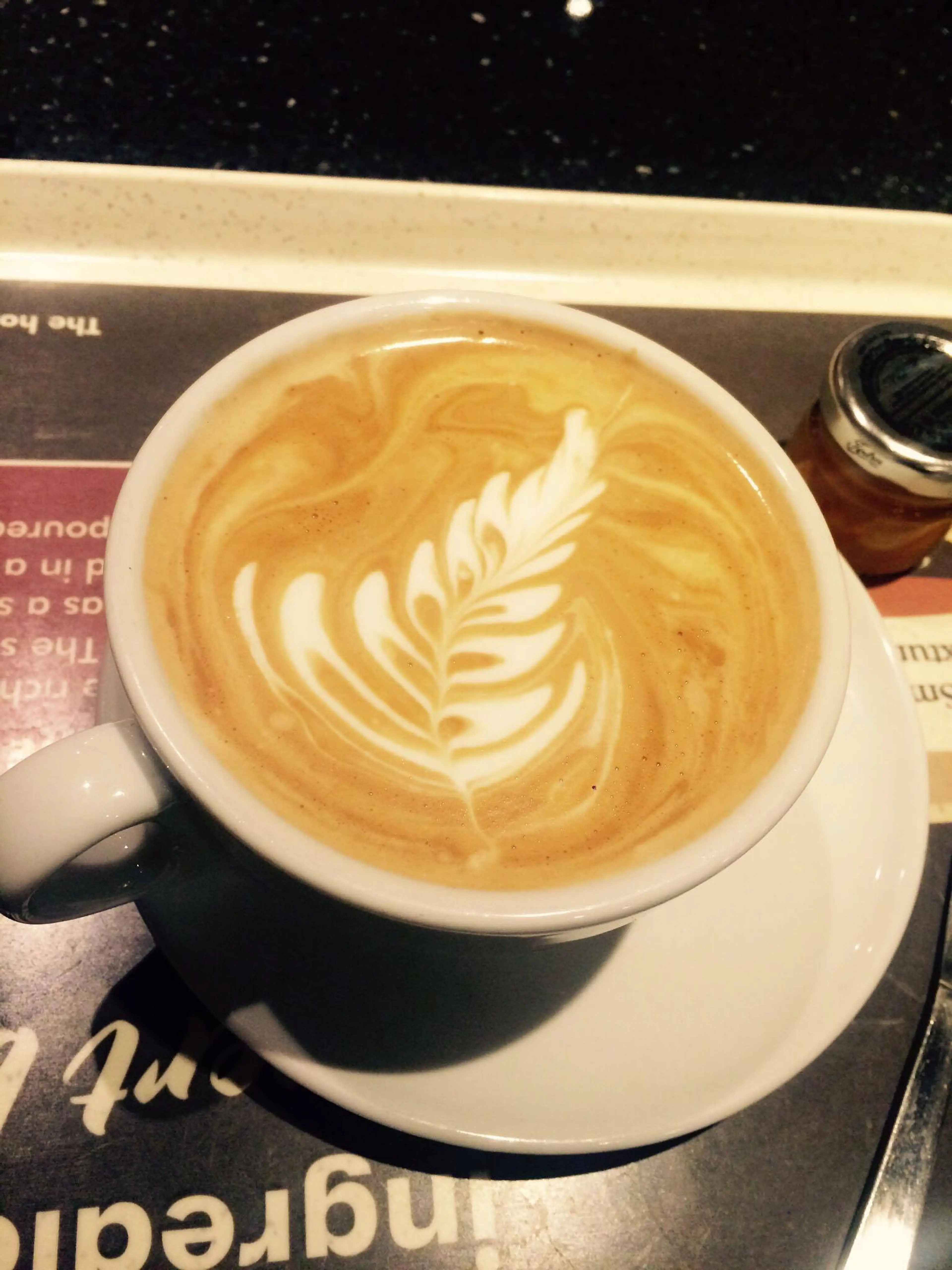
Flat White
A coffee beverage originated in New Zealand. It's similar to a latte but with less milk and more espresso.
Best time to visit
The best time to visit Rotorua, New Zealand is during the summer months from December to February when the weather is warm and outdoor activities such as hiking, biking, and water sports can be fully enjoyed. However, if you're interested in experiencing the geothermal wonders without the crowds, consider visiting during the shoulder seasons of spring (September to November) and autumn (March to May). These periods offer mild weather and fewer tourists. Winter, from June to August, can also be a good time to visit if you enjoy skiing or snowboarding.
How to get around
Car Rental
Renting a car is a popular option for getting around Rotorua. There are several car rental companies available at the Rotorua Airport and in the city centre. This gives you the flexibility to explore the city and its surroundings at your own pace.
Public Bus
Rotorua's public bus service, Baybus, operates throughout the city and its suburbs. It's a cost-effective way to get around, especially if you're planning to visit multiple locations in a day. The buses are comfortable and reliable, with routes covering most of the major attractions.
Taxi
Taxis are readily available in Rotorua. They can be hailed on the street, booked over the phone, or via a mobile app. This is a convenient option for short trips or if you prefer not to drive.
Ridesharing
Uber operates in Rotorua, providing a convenient and often cheaper alternative to traditional taxis. You can book a ride using the Uber app on your smartphone, and the price of the trip is shown before you confirm the booking.
Bicycle Rental
Rotorua is a bike-friendly city with numerous cycle paths and trails. Several companies in the city offer bicycle rentals, providing a fun and eco-friendly way to explore the city and its beautiful surroundings.
Shuttle Services
Several companies offer shuttle services in Rotorua. These are particularly useful for getting to and from the airport, or for visiting popular tourist destinations such as the geothermal parks and Maori cultural centres.
Pedestrian
Rotorua's city centre is compact and easily walkable, with many of the main attractions, restaurants, and shops within a short distance of each other. Walking is a pleasant way to explore the city, especially in good weather.
Tour Buses
There are several tour bus companies operating in Rotorua, offering guided tours of the city and its surrounding attractions. This is a great option if you prefer a structured itinerary and informative commentary from a guide.
Important information
Currency$ NZD
Time zoneUTC+12
Driving sideLeft
Emergency phone111
Drinking waterYes
Power sockets
Voltage230 V
Things to know about Rotorua, New Zealand as a first time visitor
1
Rotorua is located on the North Island of New Zealand.
2
The city is known for its geothermal activity, including geysers and hot mud pools.
3
Rotorua is a hub of Maori culture. You can experience traditional Maori performances, food, and art.
4
The local currency is the New Zealand Dollar (NZD). Credit cards are widely accepted, but it's always good to have some cash on hand.
5
English and Maori are the official languages, but English is predominantly spoken.
6
The climate is oceanic, with mild, wet winters and warm, dry summers. Average temperatures range from 53-75°F (12-24°C) in summer and 38-57°F (3-14°C) in winter.
7
New Zealand has strict biosecurity laws to protect its unique environment. Be sure to declare any food, plants, or animal products on arrival.
8
The city is relatively safe, but as with any tourist destination, it's important to be aware of your surroundings and keep your belongings secure.
9
Public transportation is available, but renting a car can give you more flexibility to explore the surrounding areas.
10
Rotorua is in the New Zealand Standard Time zone, which is 12 hours ahead of Greenwich Mean Time (GMT+12).
11
The city has a range of accommodation options, from luxury hotels to budget hostels and campsites.
12
Rotorua is surrounded by 18 lakes, providing ample opportunities for water sports and fishing.
13
The city is a popular destination for adventure sports, including mountain biking, white water rafting, and ziplining.
14
Rotorua has a variety of dining options, with a focus on fresh, local ingredients. Be sure to try some traditional Maori food.
15
The city is home to several spas that use the geothermal waters for therapeutic treatments.
16
Tap water is safe to drink in Rotorua.
17
New Zealand uses Type I power sockets. You may need a power adapter if your devices use a different type of plug.
18
Rotorua has a variety of shops selling local products, including Maori arts and crafts, wool products, and Manuka honey.
19
The city has a vibrant nightlife, with a range of bars, clubs, and live music venues.
20
Rotorua has a number of events and festivals throughout the year, including the Rotorua Bike Festival and the Rotorua Marathon.
Packing List
Clothing
Underwear
Socks
T-shirts
Long-sleeve shirts
Pants/Jeans
Comfortable walking shoes
Swimwear
Lightweight jacket
Pajamas
Hat/Cap
Toiletries
Toothbrush and toothpaste
Deodorant
Shampoo and conditioner
Body wash/soap
Razor and shaving cream
Makeup and makeup remover
Sunscreen
Insect repellent
First-aid kit
Travel documents and essentials
Passport/ID
Airline tickets
Hotel reservation confirmation
Travel insurance documents
Credit/debit cards
Cash in local currency
Guidebook/map
Electronics and gadgets
Smartphone
Charger for smartphone
Power bank
Camera
Charger for camera
Headphones/earbuds
Travel adapter
Miscellaneous items
Snacks
Water bottle
Travel pillow
Earplugs
Eye mask
Books or e-books for leisure reading
Travel-size laundry detergent
Weather Conditions
When planning a trip to Rotorua, New Zealand, it's important to consider the local weather conditions to make the most of your visit. Rotorua experiences a mild, temperate maritime climate, which means it's suitable for travel throughout the year. The summer months, from December to February, are the warmest with average high temperatures around 22-24°C (72-75°F). This is a great time for outdoor activities like hiking, biking, and exploring the geothermal parks. However, it's also the peak tourist season, so expect larger crowds and higher prices. Autumn, from March to May, sees slightly cooler temperatures, averaging between 15-20°C (59-68°F). This season is known for its beautiful fall foliage, making it a picturesque time to visit. Winter, from June to August, is the coldest season with temperatures ranging from 8-15°C (46-59°F). While it's rare for Rotorua to experience snow, it's not uncommon to have frosty mornings. This is a great time to visit the hot springs, as the contrast between the cool air and the warm water creates a unique experience. Spring, from September to November, is a transitional period with temperatures ranging from 13-18°C (55-64°F). This is a great time to visit if you want to avoid the peak tourist season but still enjoy mild weather. Regardless of when you visit, it's advisable to pack layers as temperatures can fluctuate. Also, don't forget your rain gear. Rotorua receives rainfall throughout the year, with the heaviest precipitation typically occurring in the winter months. Remember, the weather can be unpredictable, so it's always a good idea to check the forecast before your trip and plan your activities accordingly. Enjoy your visit to Rotorua!
| Month | Hi / Lo (°C) | Weather Overview |
|---|---|---|
January | 24° / 12° | January is the warmest month in Rotorua, with average high temperatures reaching 24°C. It's a great time for outdoor activities and exploring the geothermal wonders. |
February | 24° / 12° | February is also a warm month with plenty of sunshine. It's a perfect time for water activities like swimming and rafting. |
March | 22° / 11° | March sees a slight drop in temperature but still remains warm. It's a good time for hiking and visiting the geothermal parks. |
April | 18° / 8° | April marks the beginning of autumn in Rotorua, with cooler temperatures and less rainfall. It's a good time for sightseeing and visiting the local Maori villages. |
May | 15° / 6° | May is relatively cooler with average high temperatures reaching 15°C. It's a good time to visit the hot springs and geysers. |
June | 13° / 4° | June is the coldest month in Rotorua, with average low temperatures dropping to 4°C. It's a good time to visit the geothermal areas and enjoy the hot springs. |
July | 13° / 4° | July is also a cold month, but it's a great time to enjoy indoor activities like visiting museums and art galleries. |
August | 14° / 5° | August sees a slight increase in temperature. It's a good time to enjoy the natural beauty of Rotorua, including its lakes and forests. |
September | 16° / 6° | September marks the beginning of spring in Rotorua. It's a good time for outdoor activities like biking and hiking. |
October | 18° / 8° | October is a pleasant month with moderate temperatures. It's a great time to explore the city and its surrounding nature. |
November | 20° / 10° | November sees a further increase in temperature. It's a good time for water activities and exploring the geothermal wonders. |
December | 22° / 11° | December is a warm month, perfect for enjoying the outdoor activities and natural beauty of Rotorua. |
Did you know?
Places near by Rotorua, New Zealand
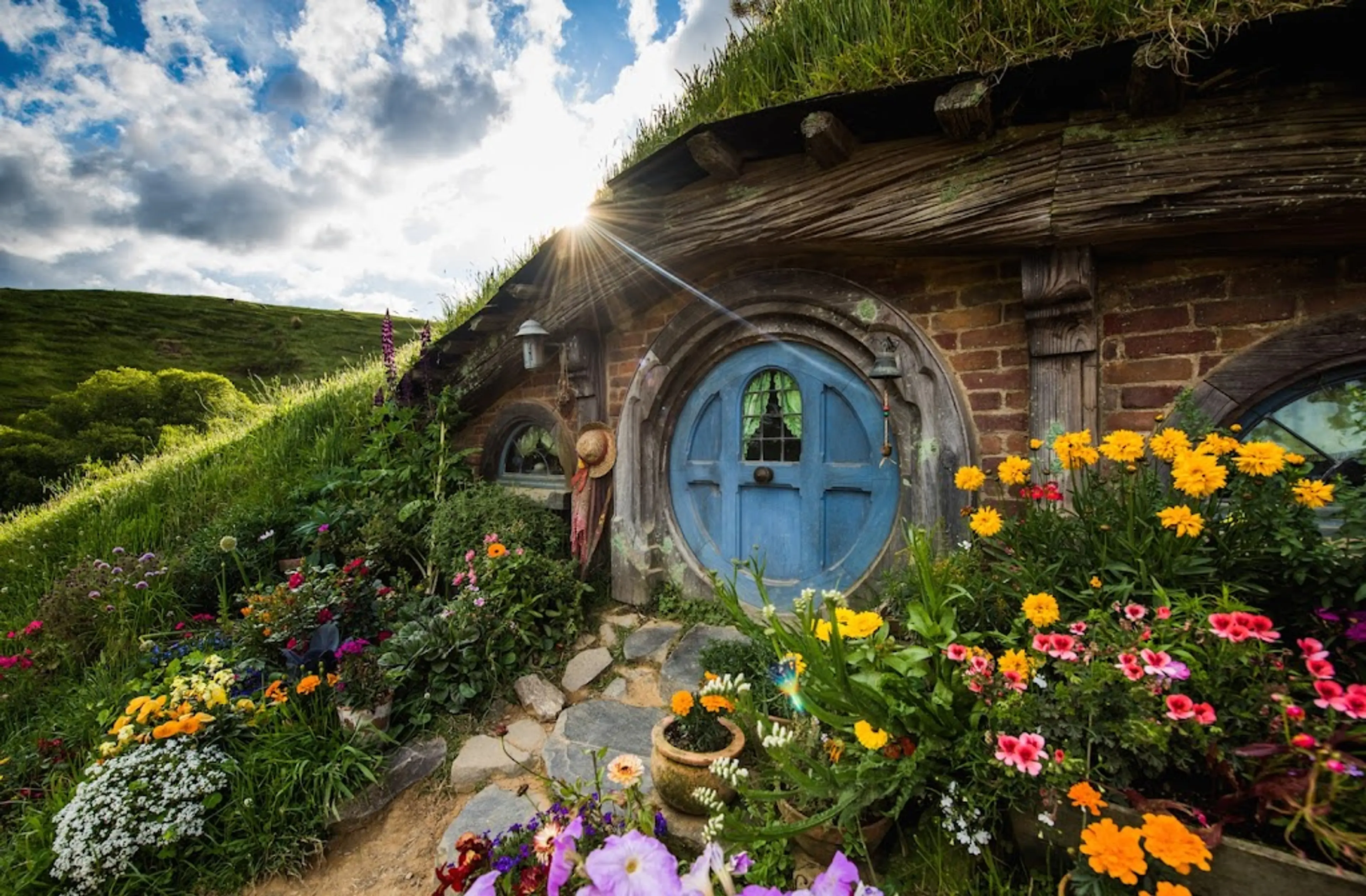
Hobbiton Movie Set
A movie set from the 'Lord of the Rings' and 'The Hobbit' trilogies.
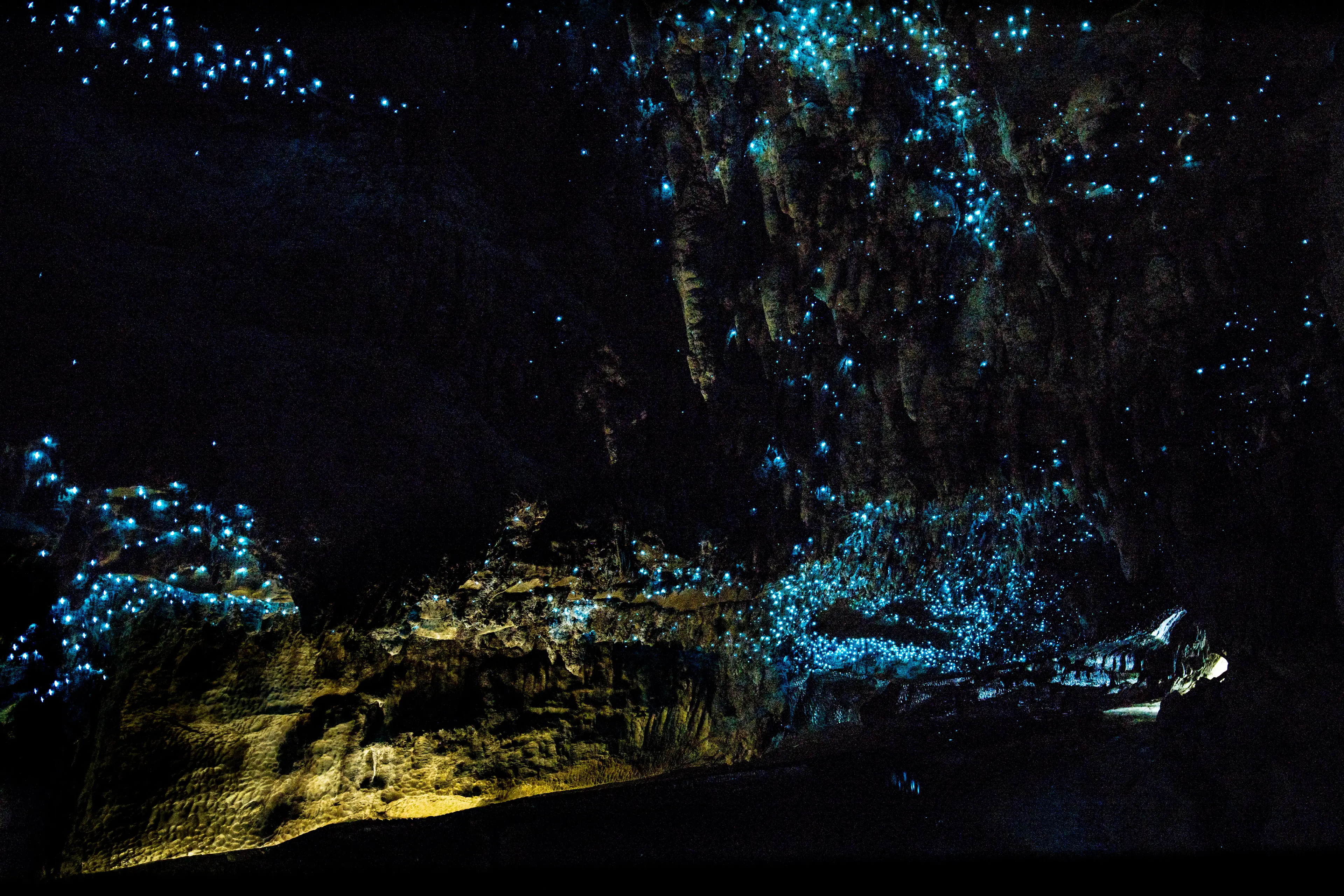
Waitomo Glowworm Caves
A natural wonder with thousands of glowworms illuminating the caves.
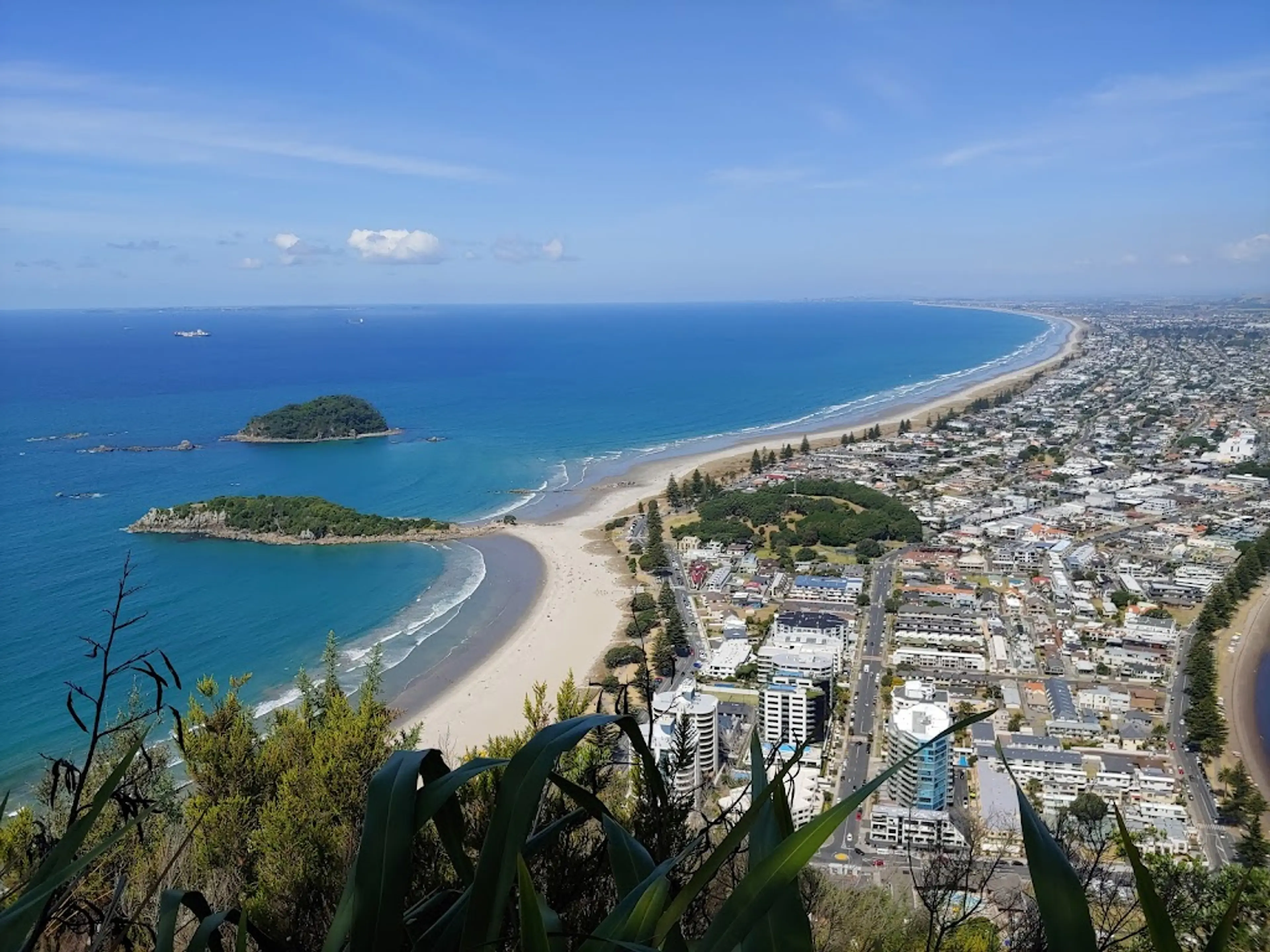
Mount Maunganui
A popular beach town with a dormant volcano, known for its surfing and hiking.
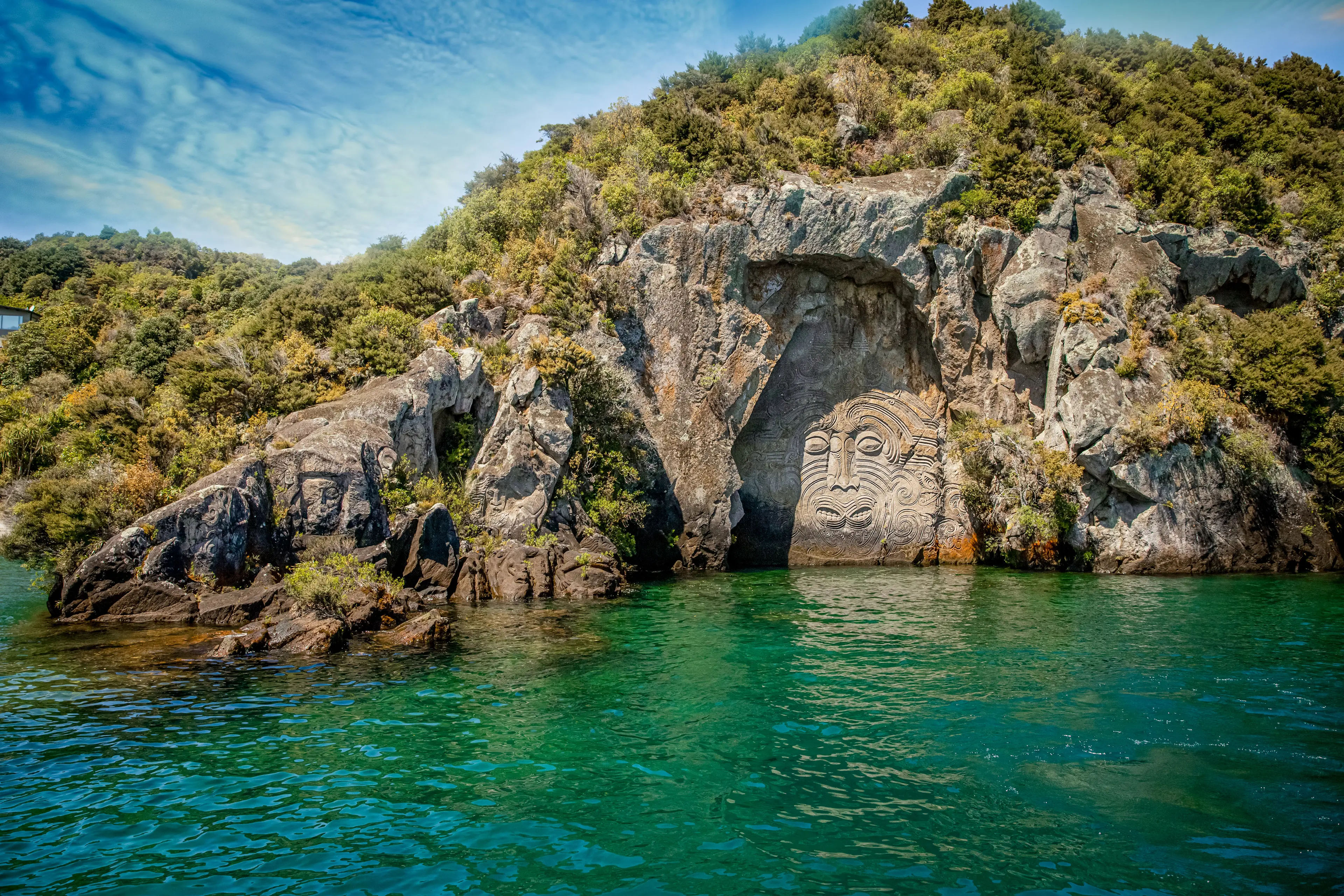
Taupo
A town near the shores of Lake Taupo, New Zealand's largest lake.
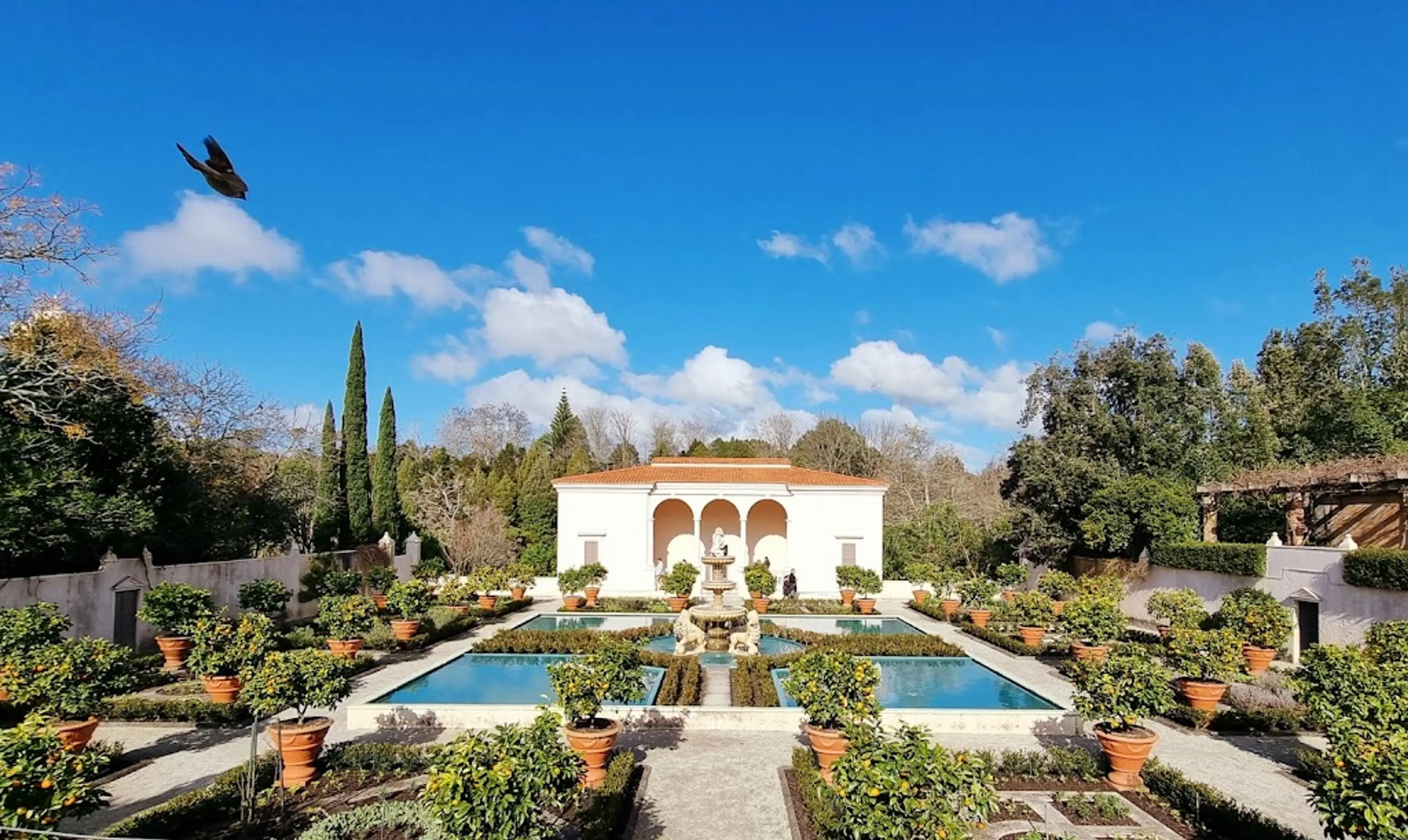
Hamilton Gardens
A public garden park in the south of Hamilton owned and managed by Hamilton City Council.
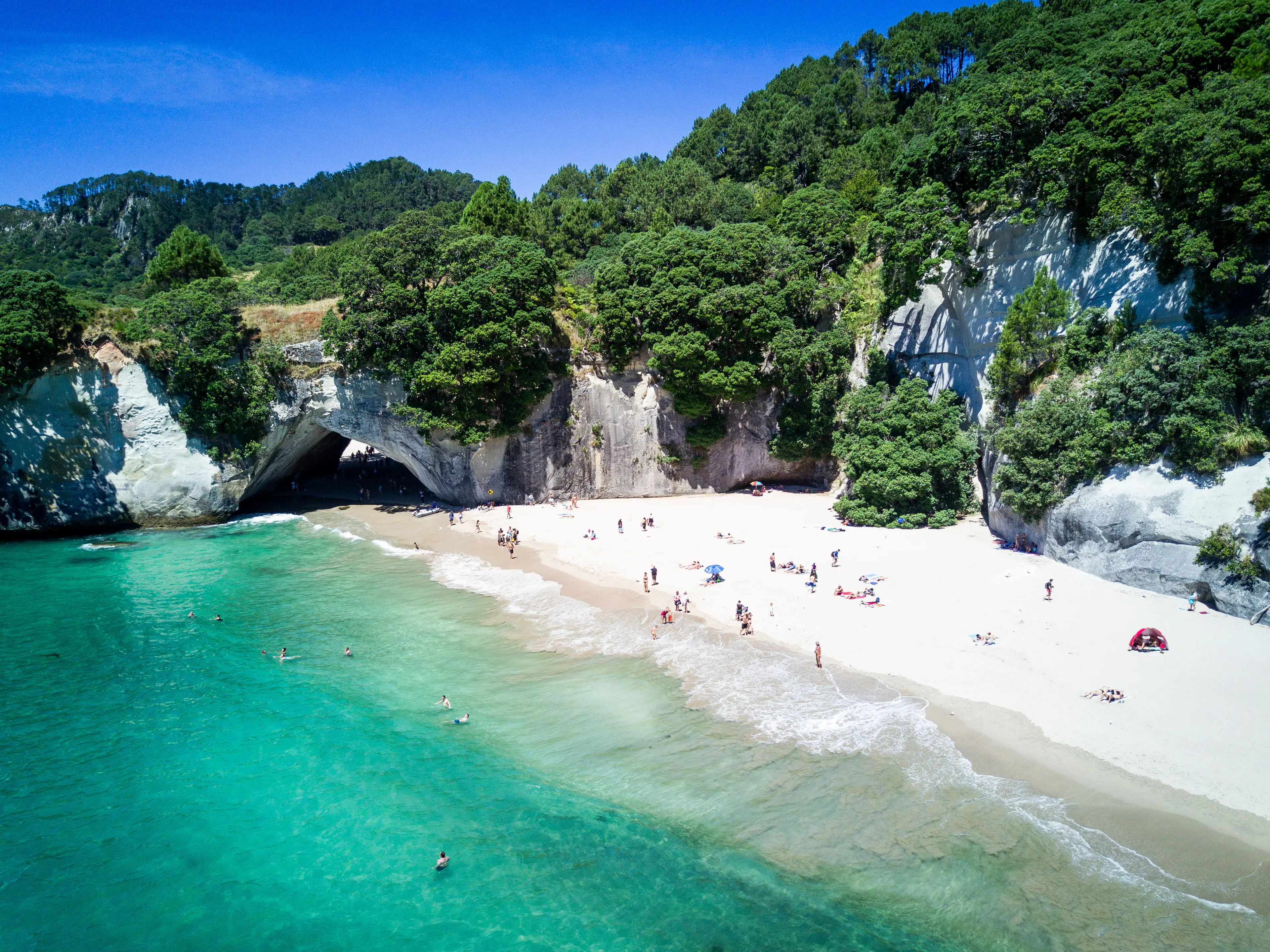
Coromandel Peninsula
Known for its white and golden sand beaches, misty rainforests and rugged mountain terrain.
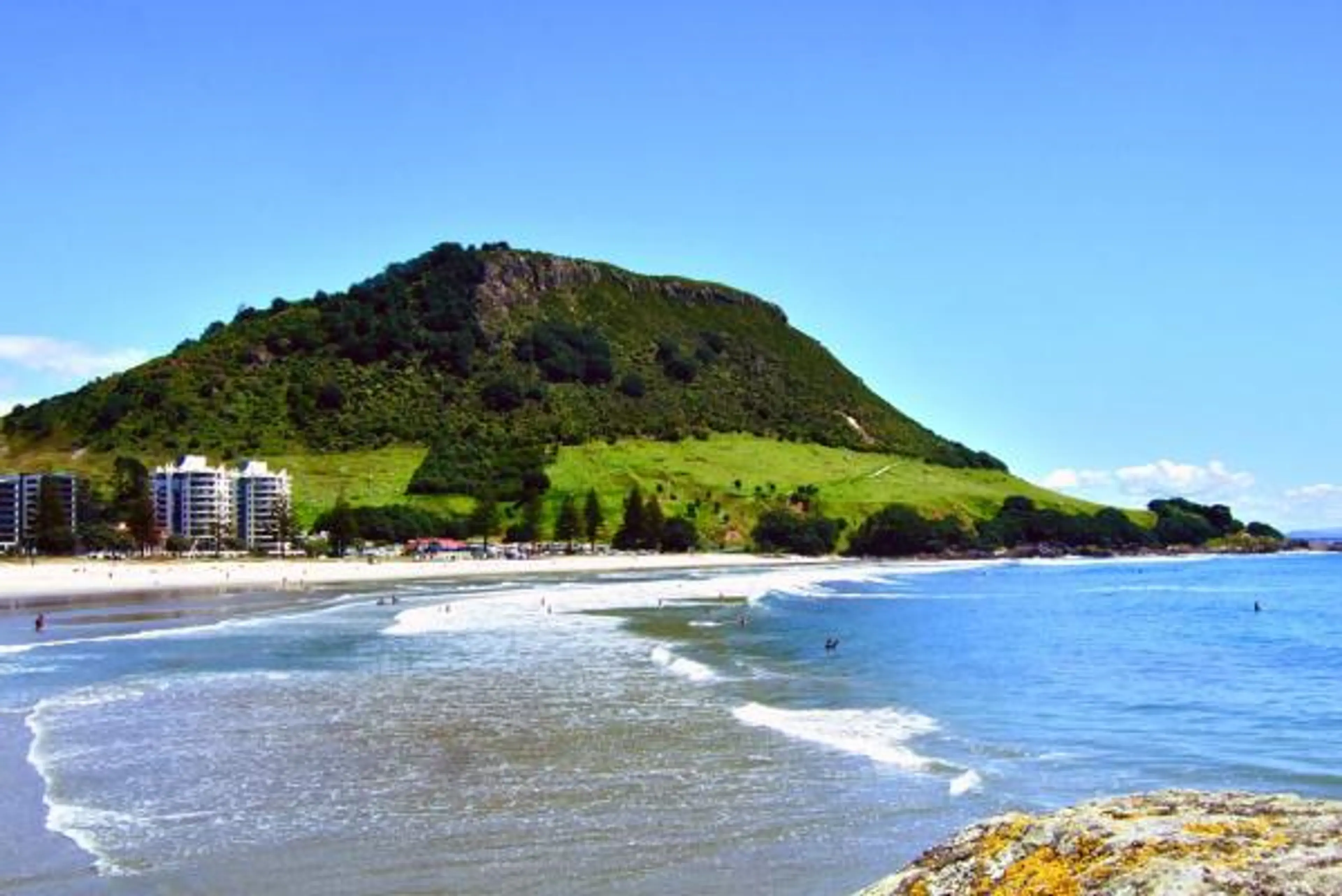
Bay of Plenty
A large bight in the northern coast of New Zealand's North Island.
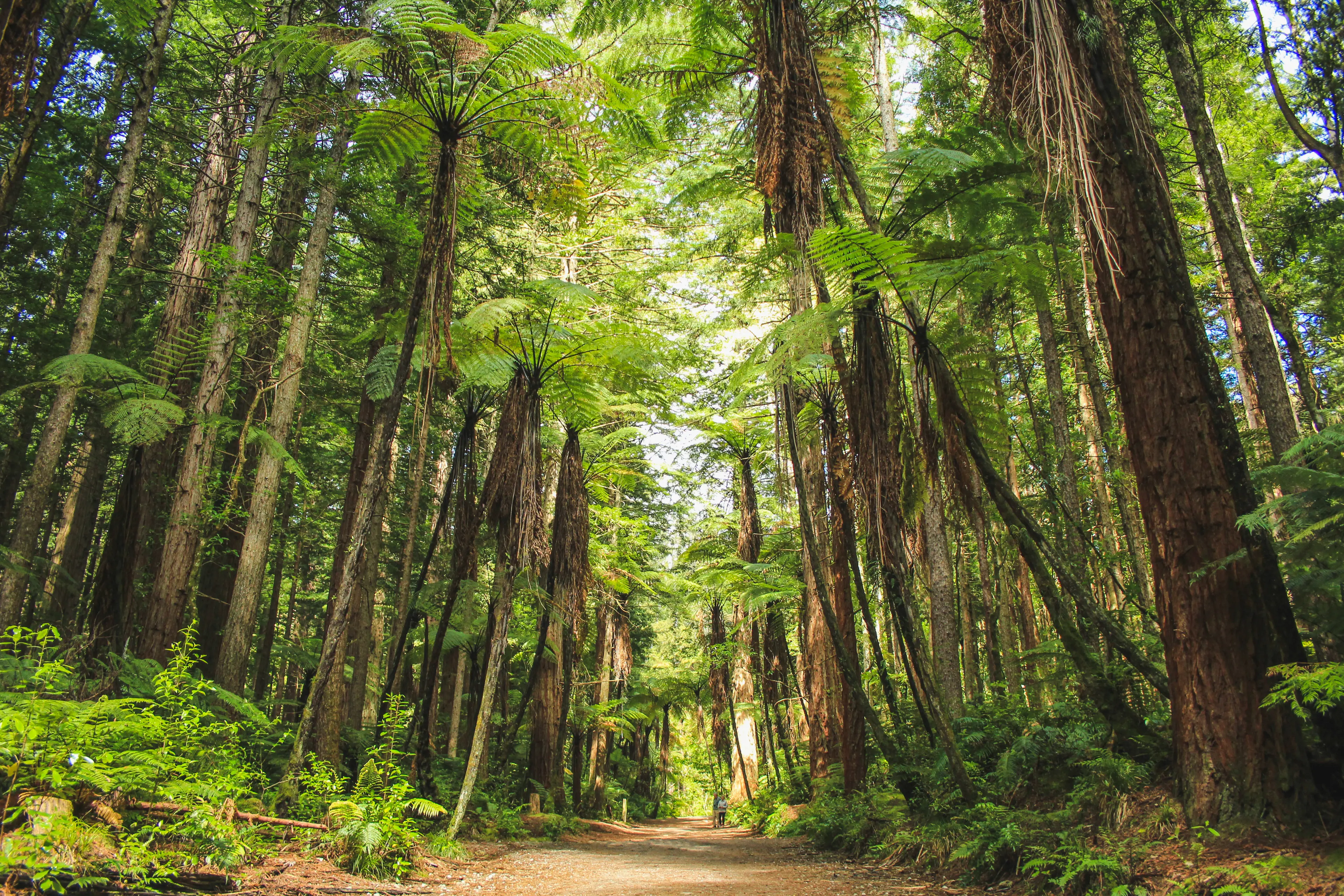
Whakarewarewa Forest
Also known as The Redwoods, is known for its tree walk and mountain biking trails.
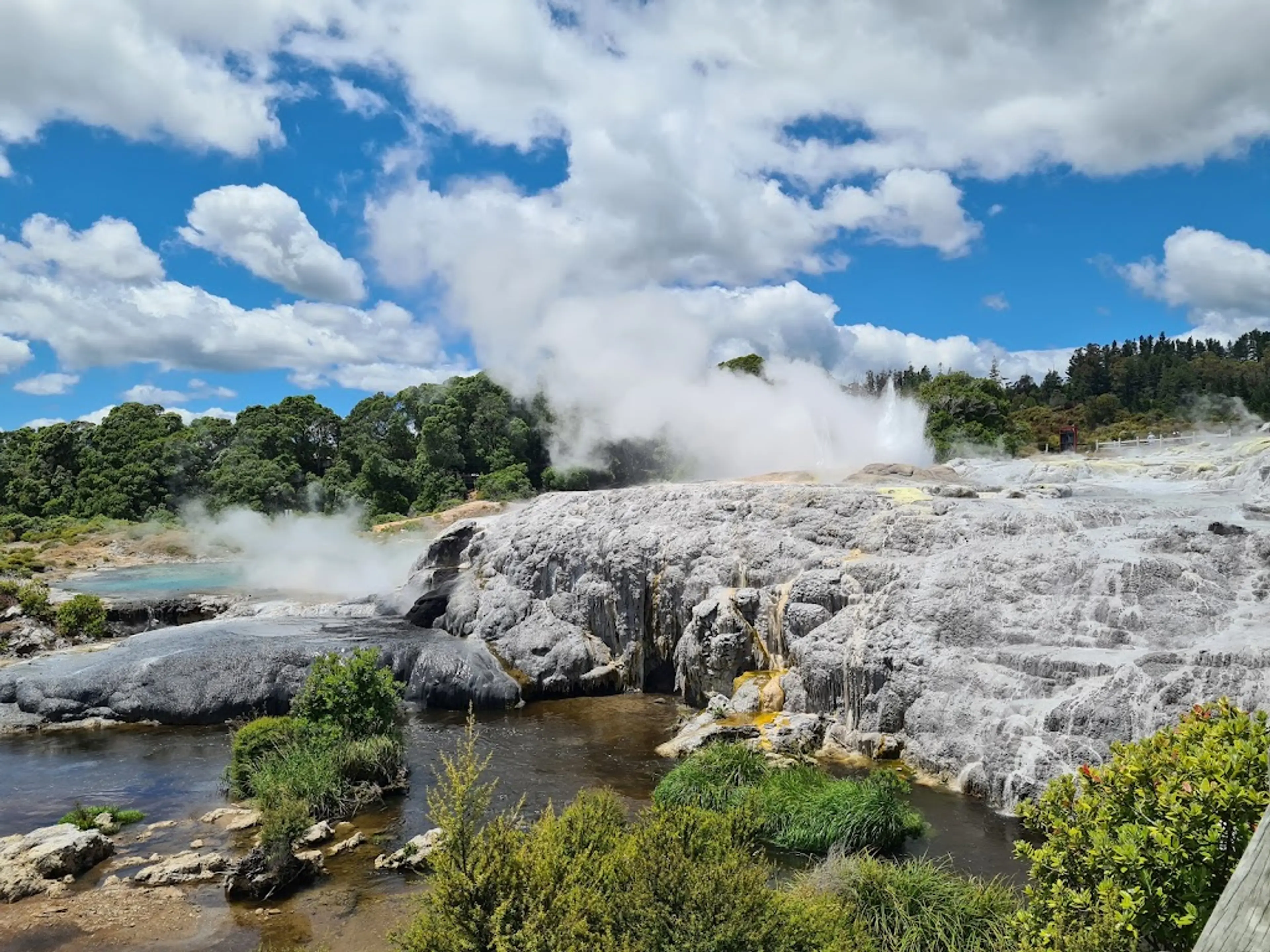
Te Puia
A geothermal park and Maori cultural centre.
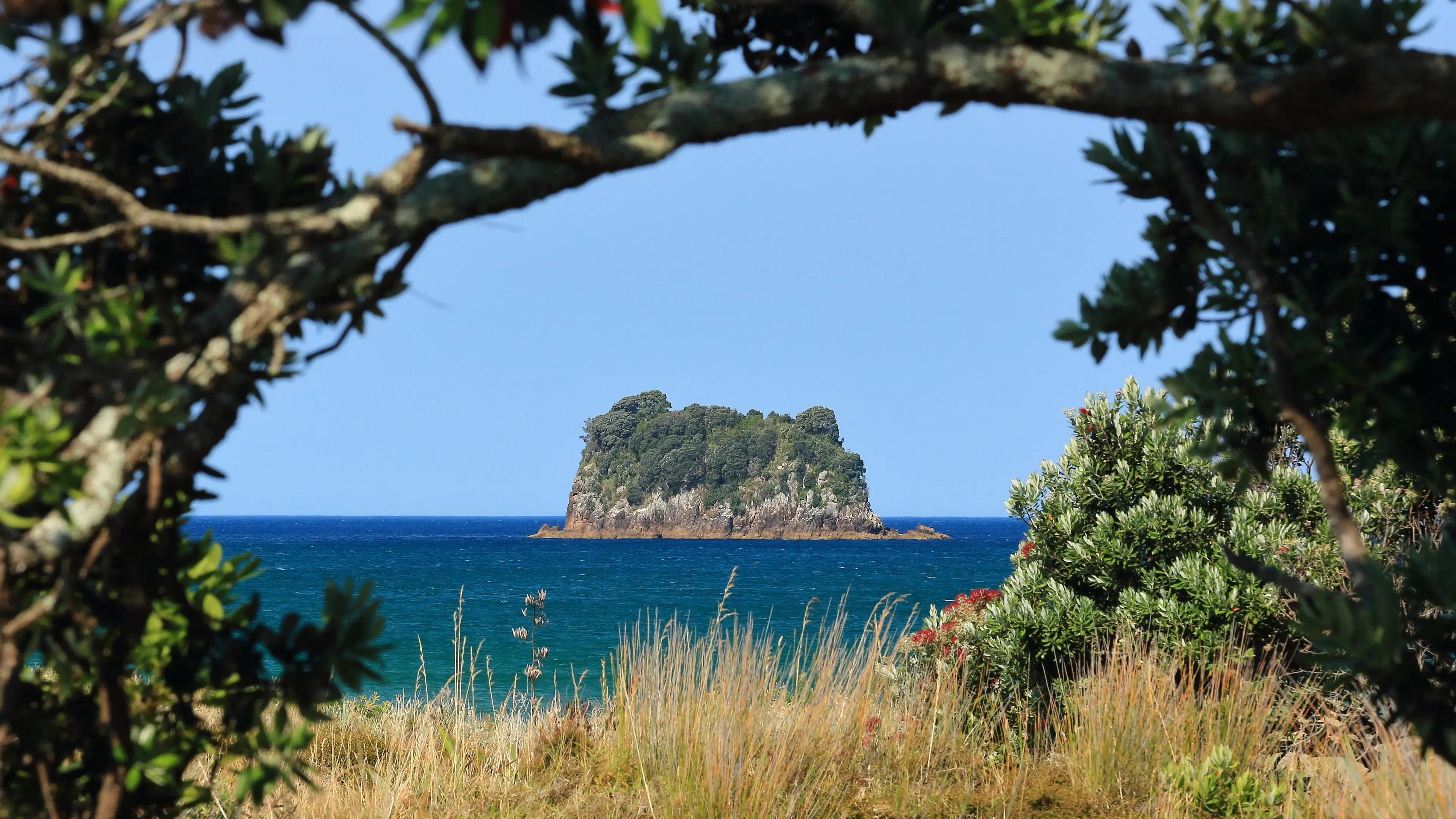
Whangamata
A popular holiday town, known for its surf, safe swimming and fishing.